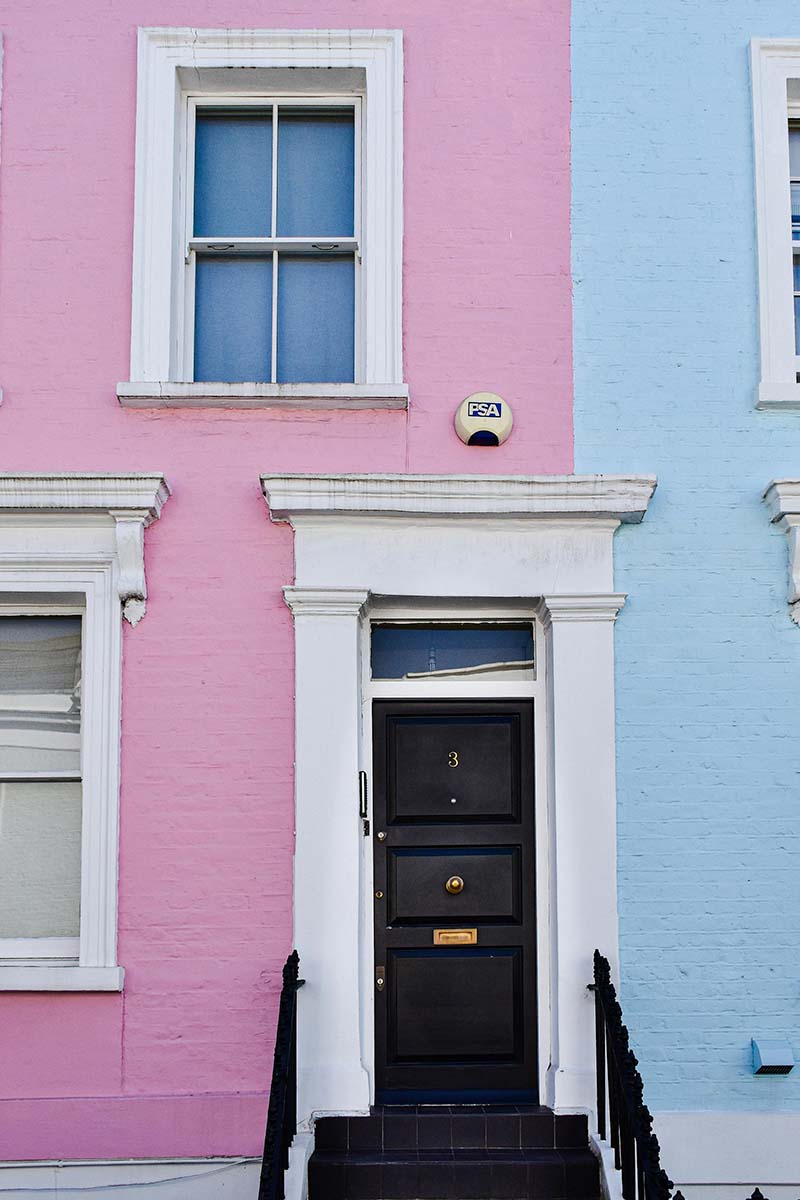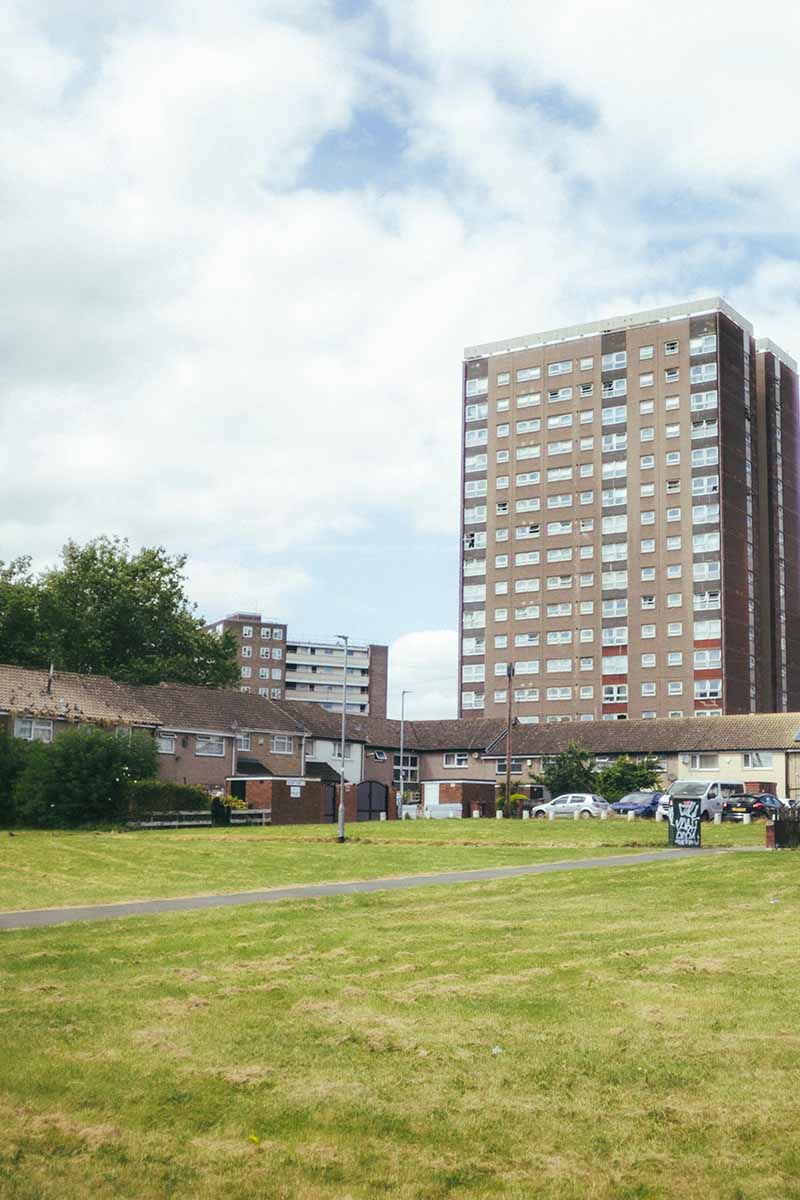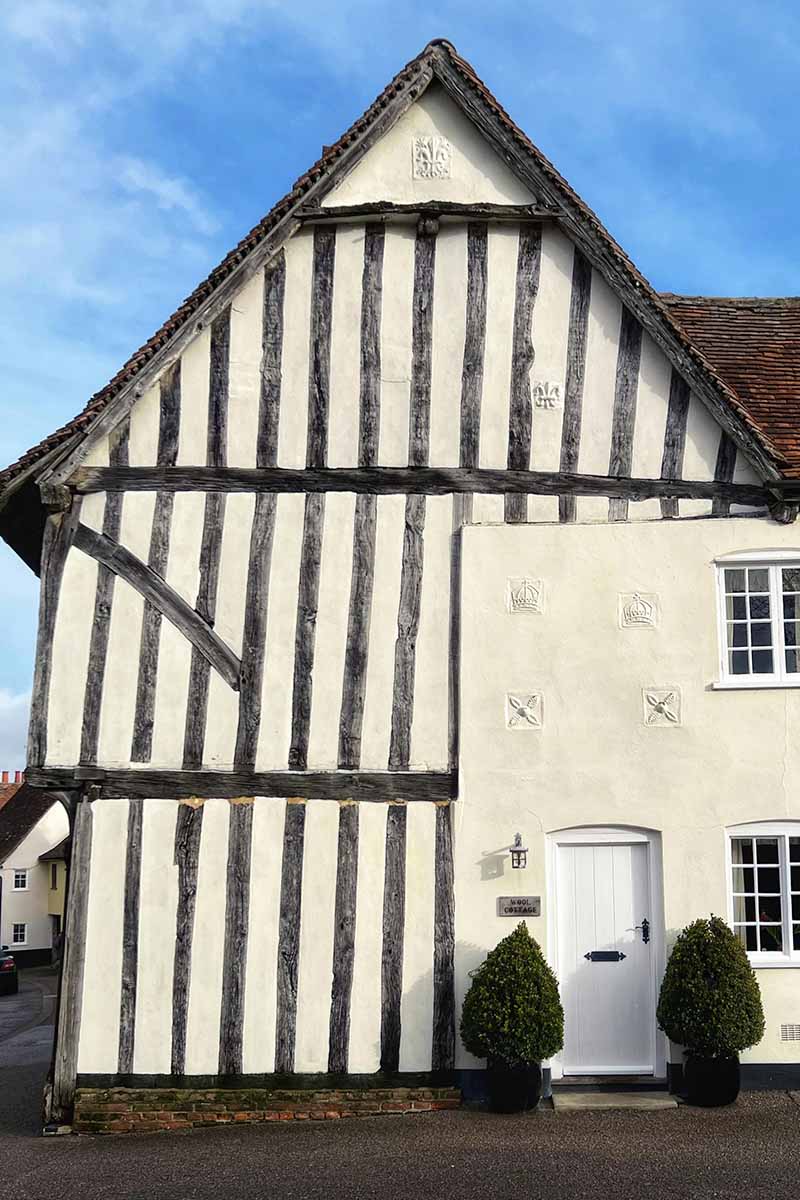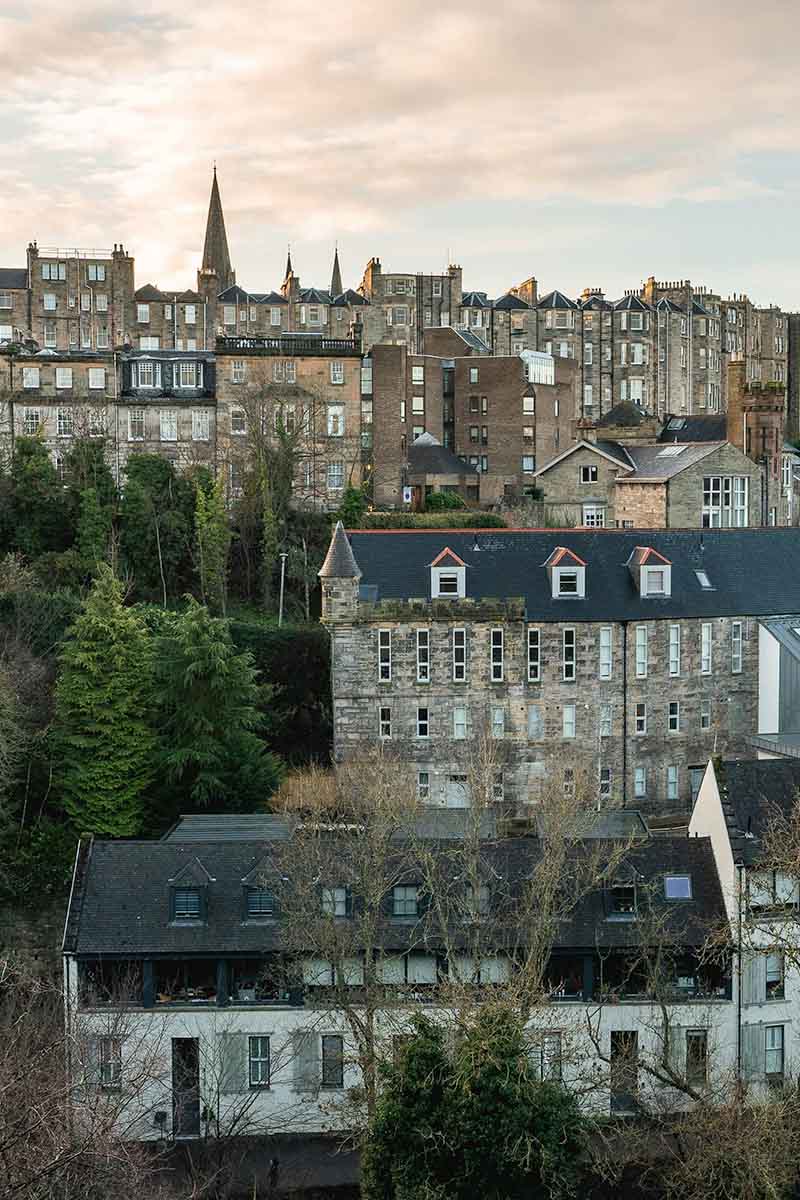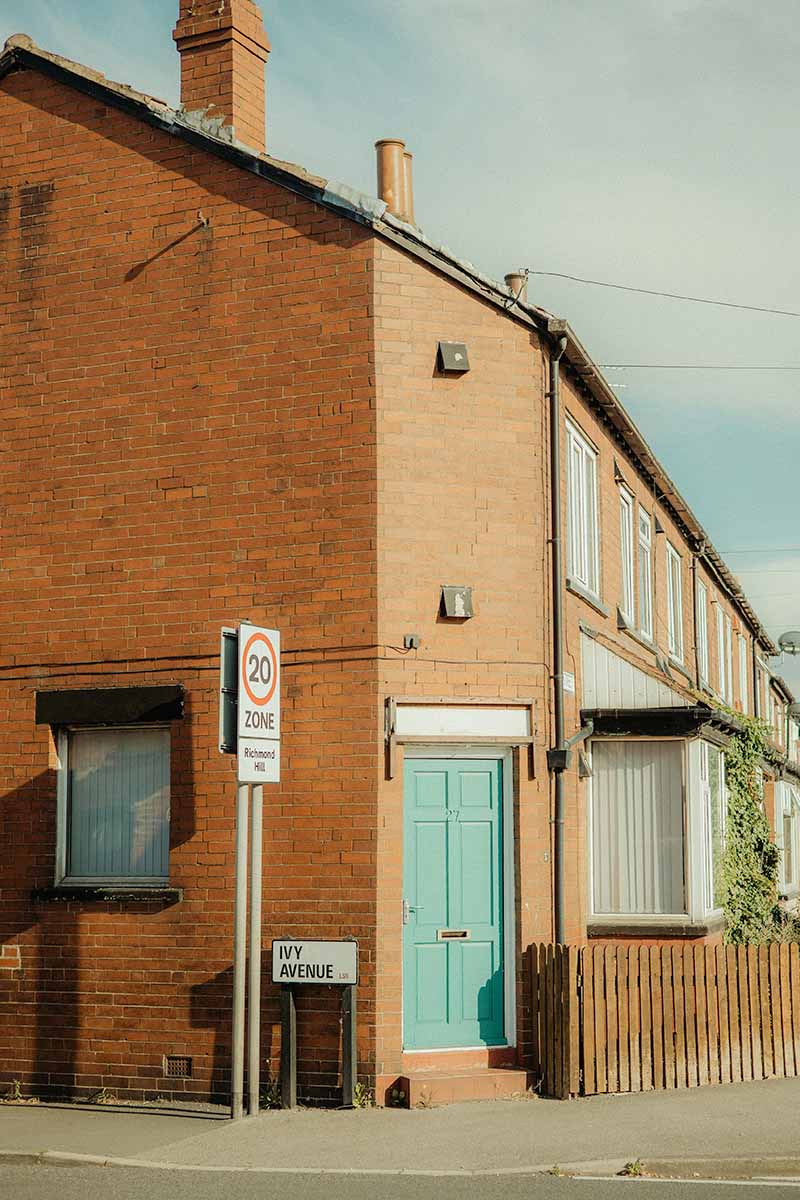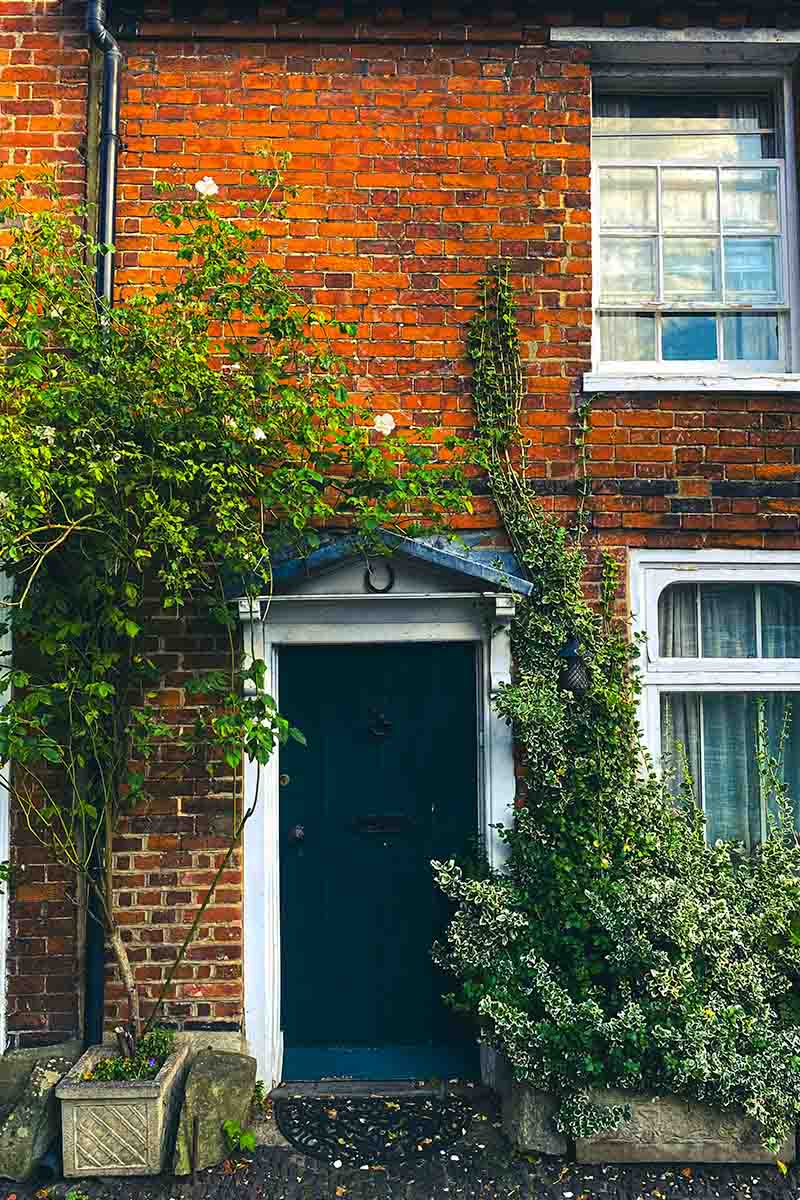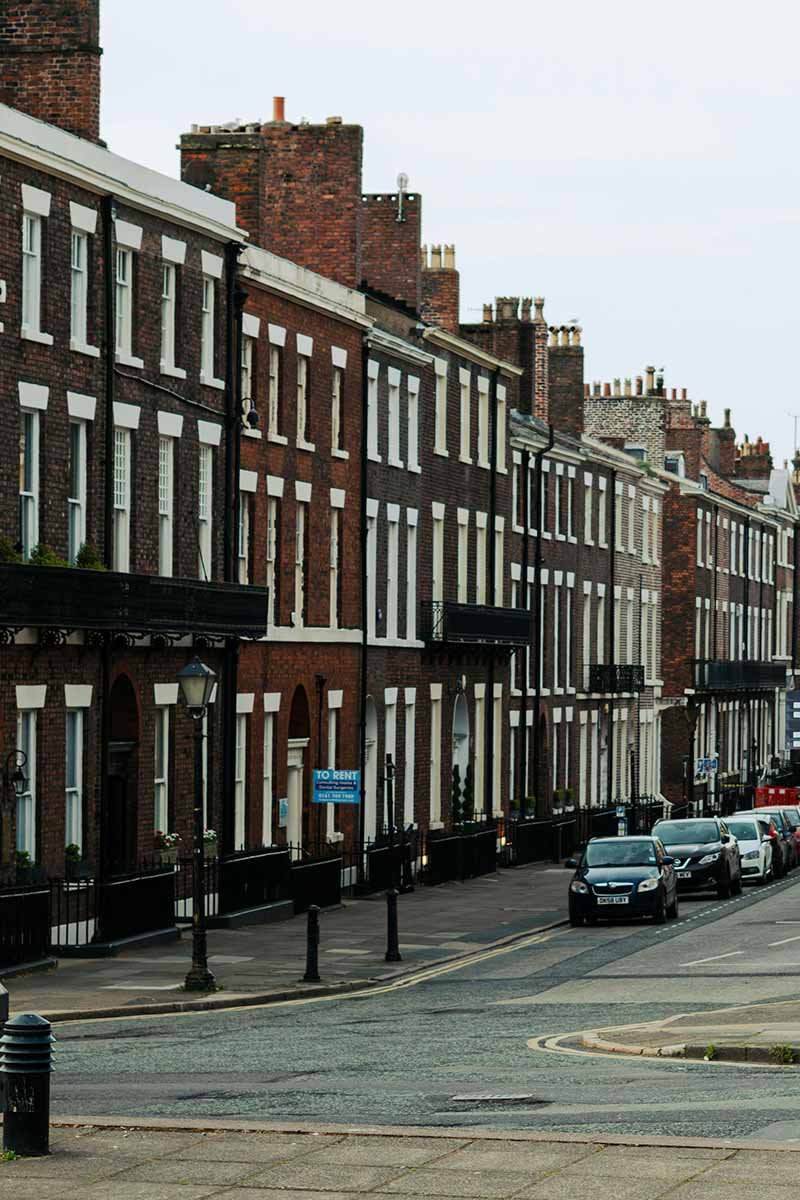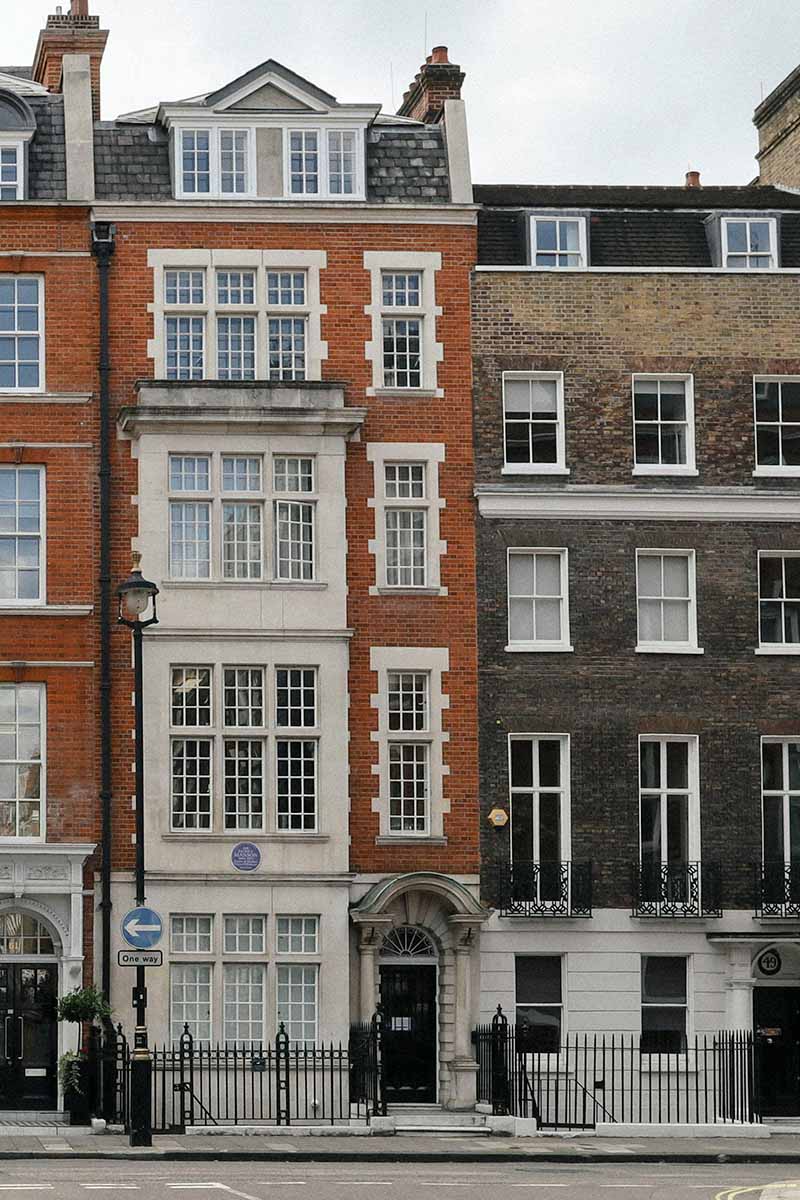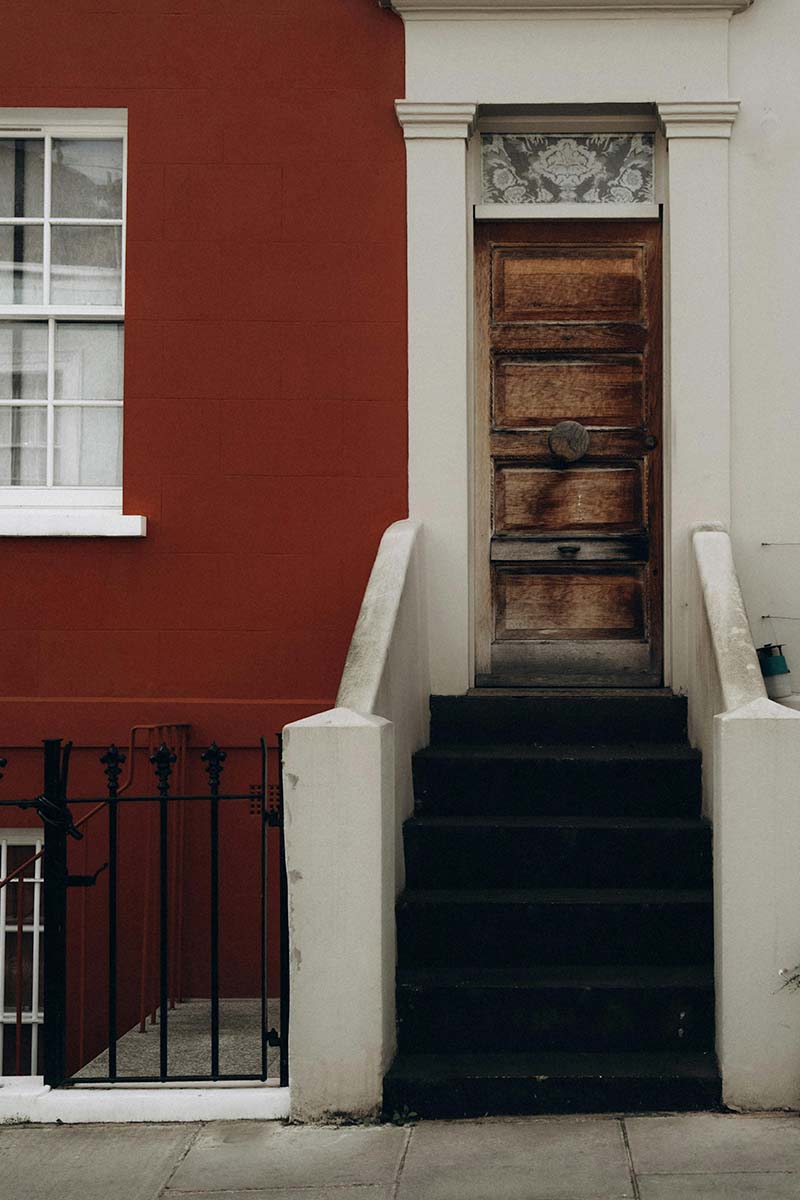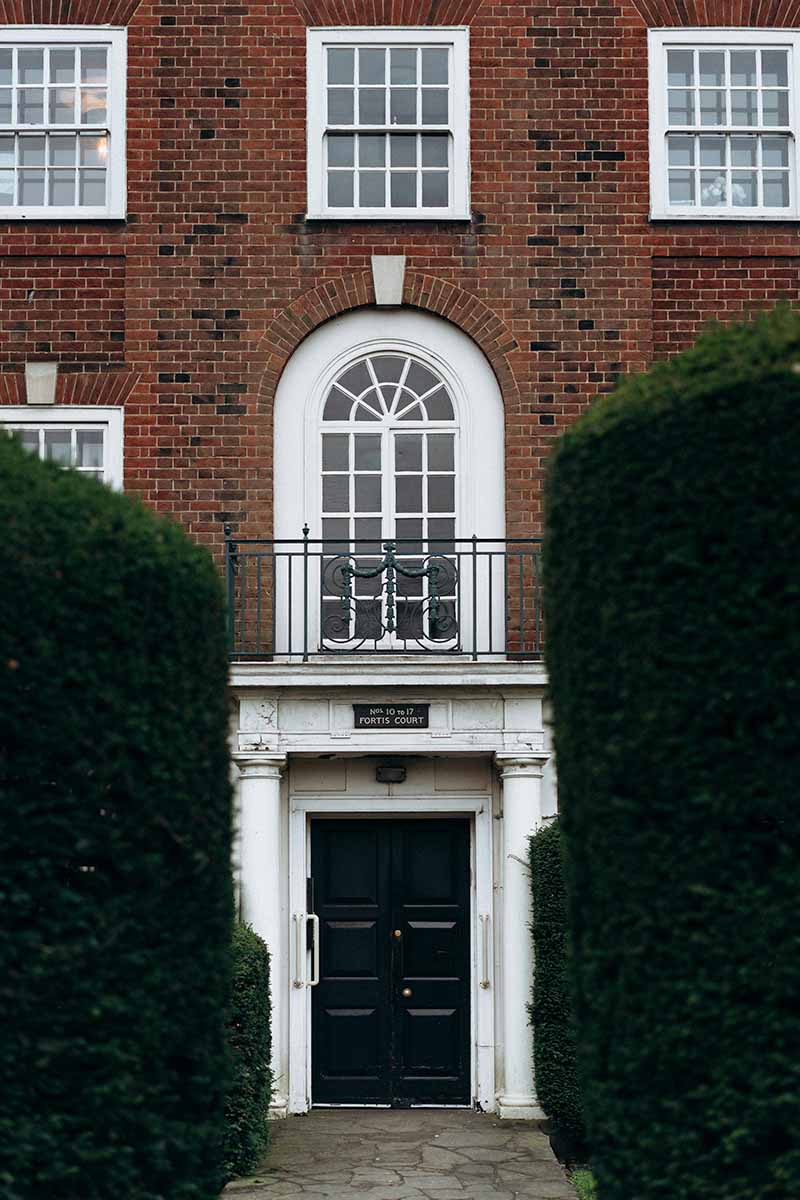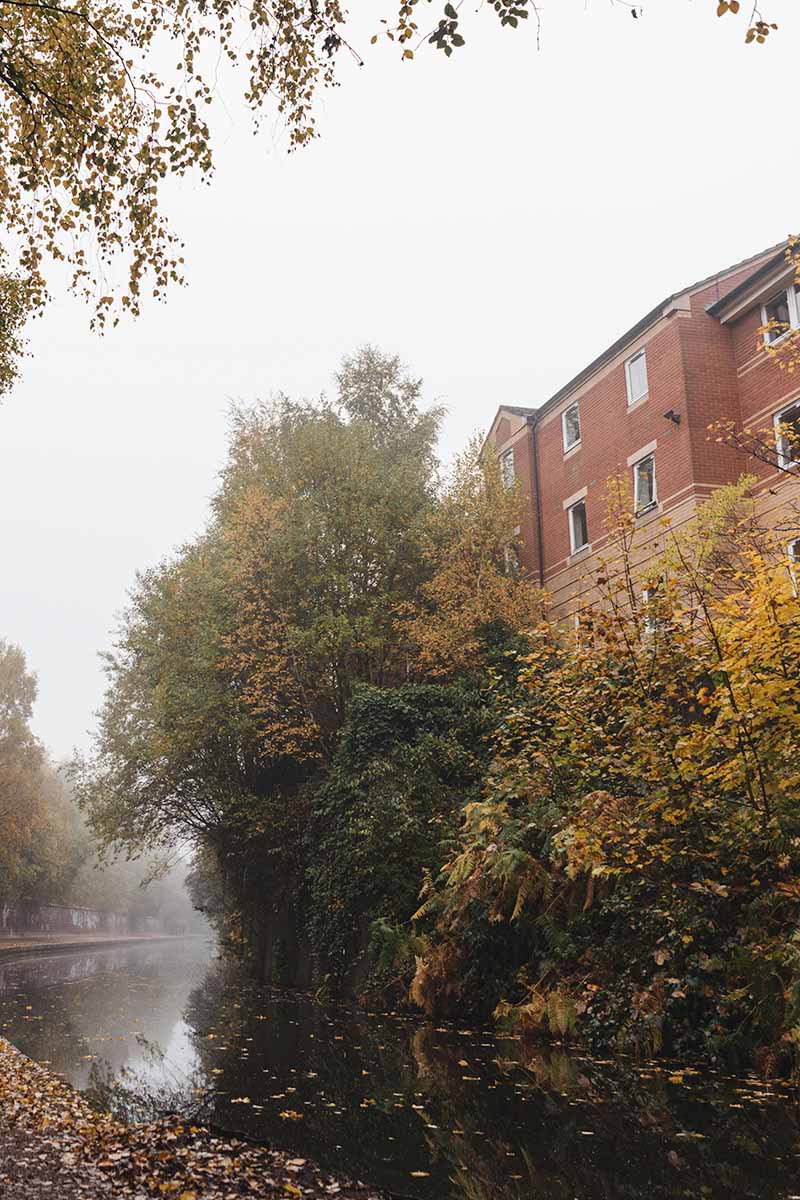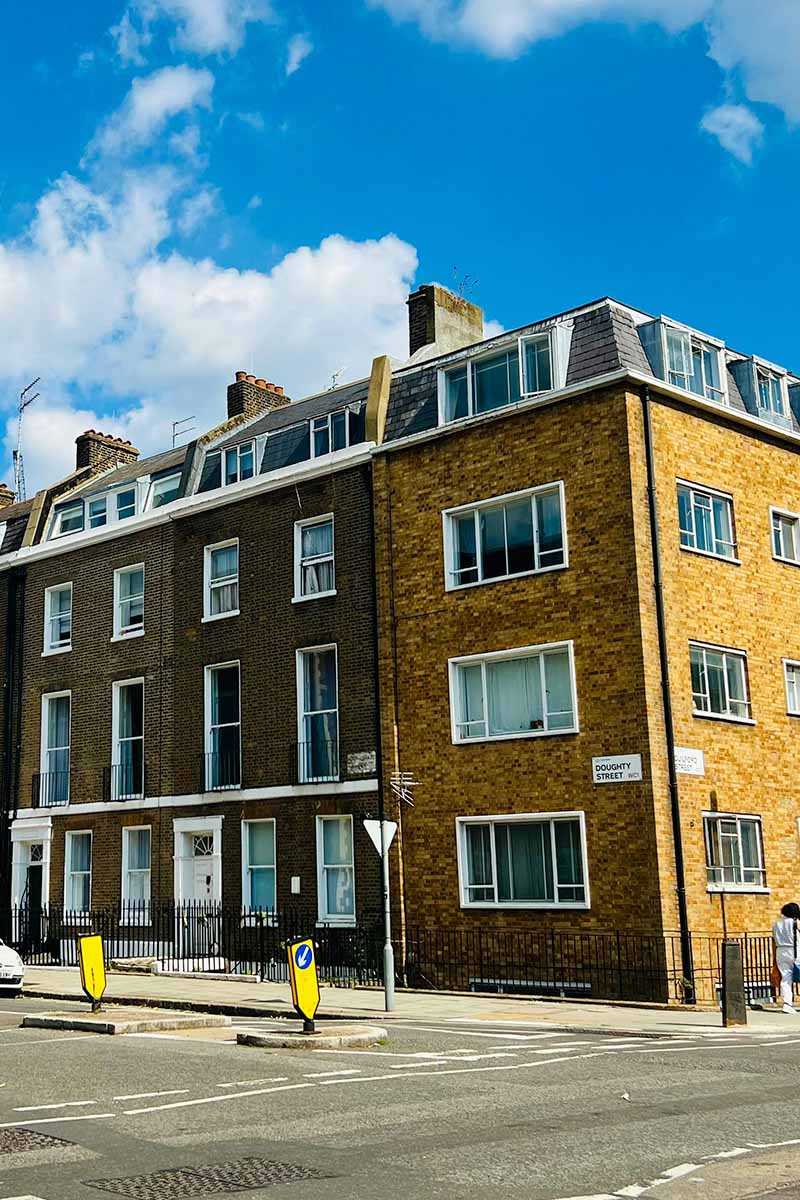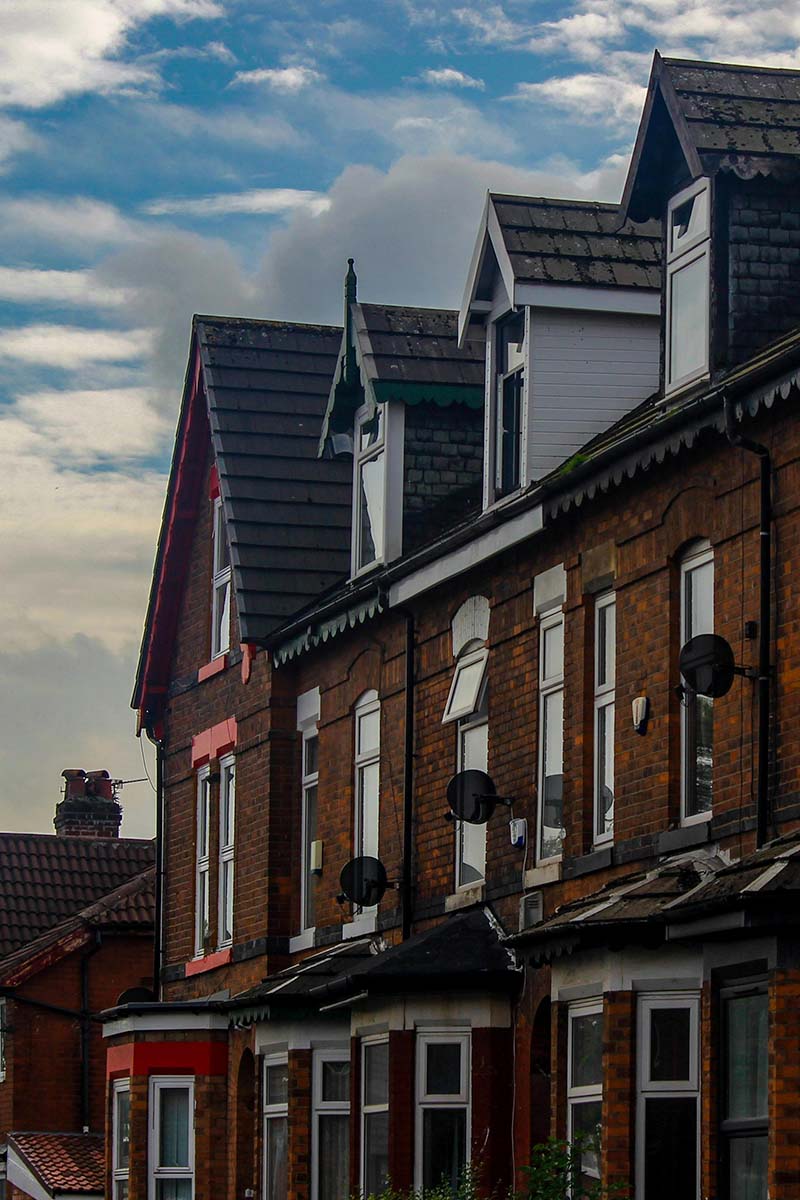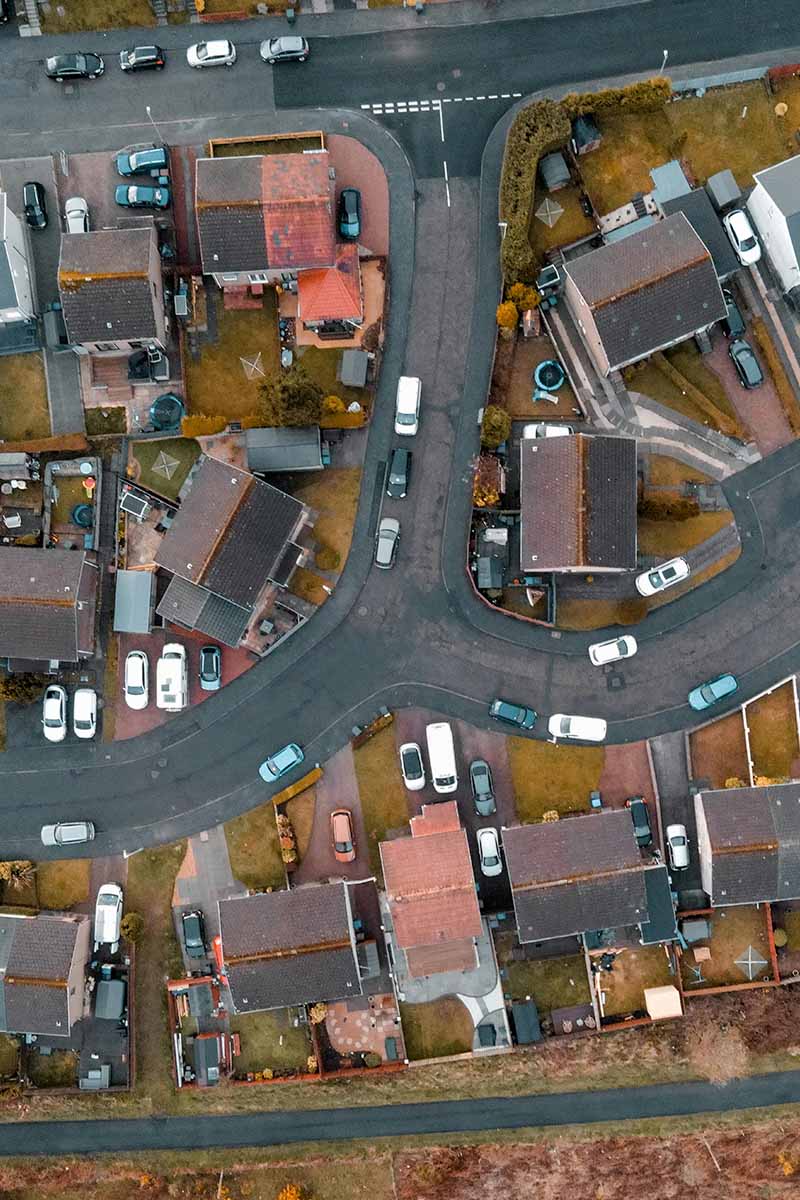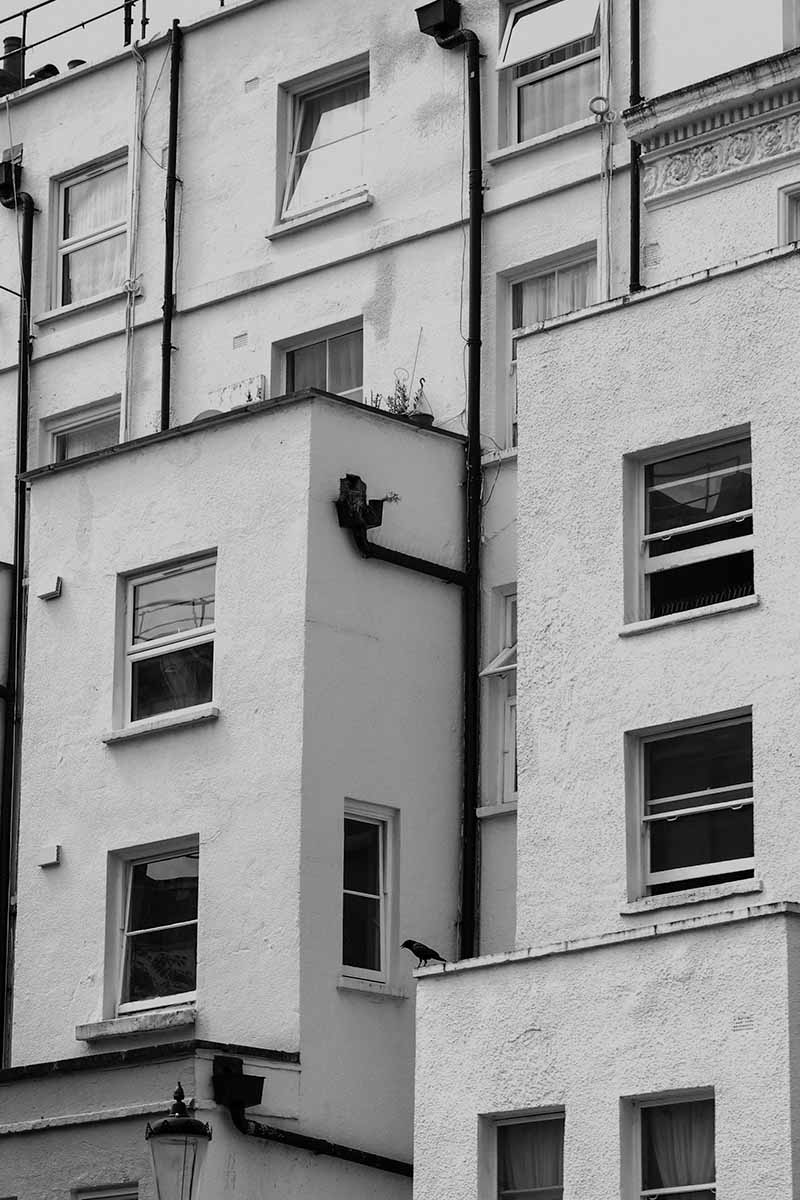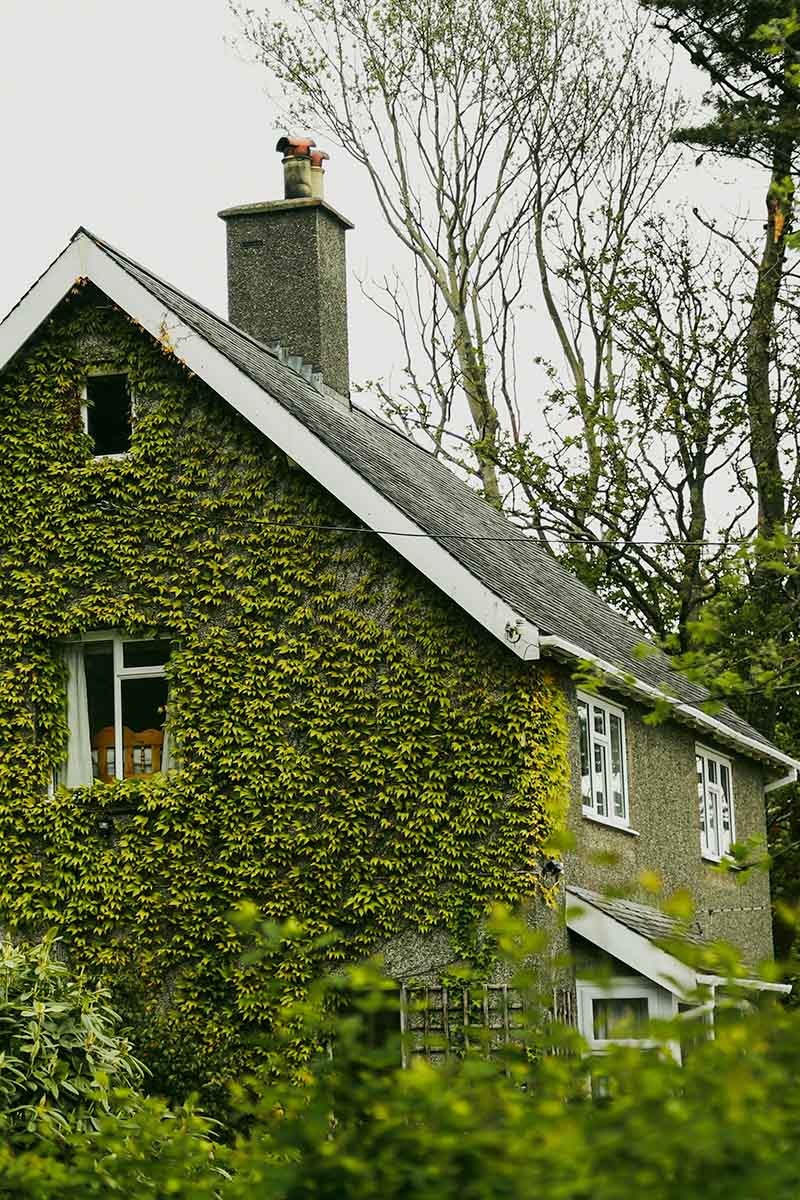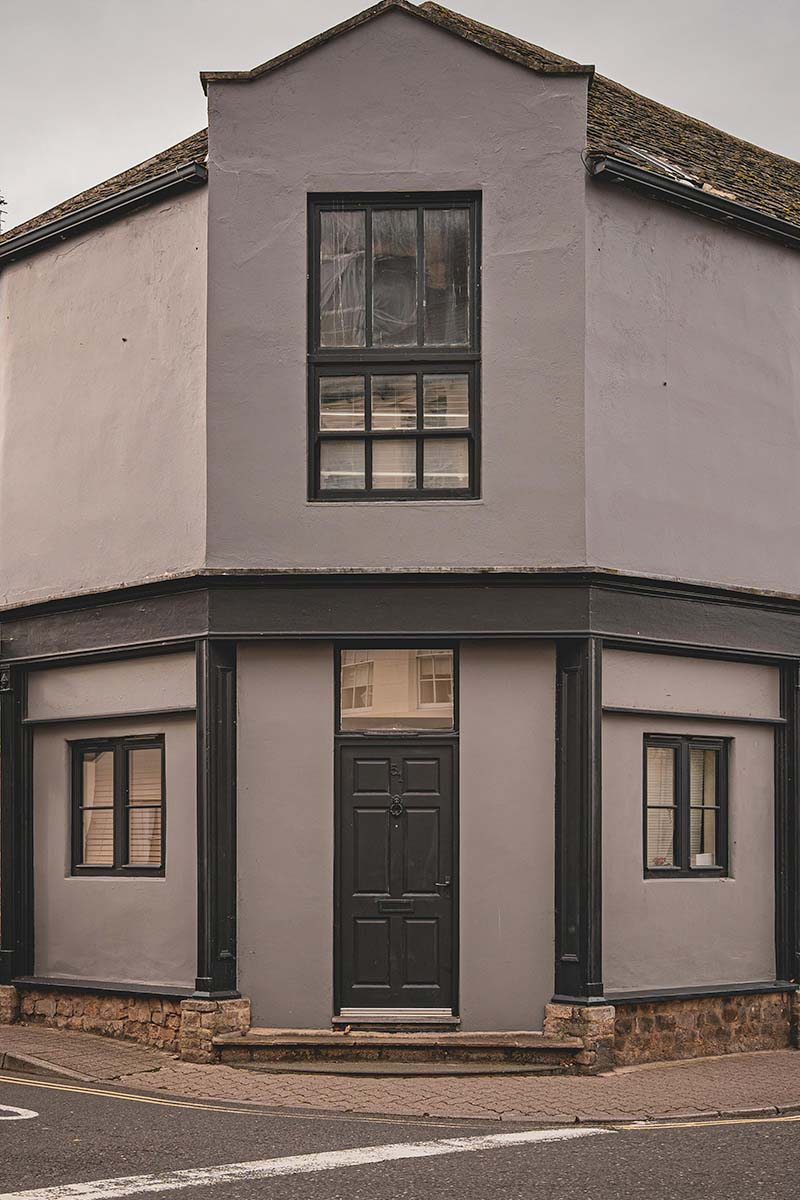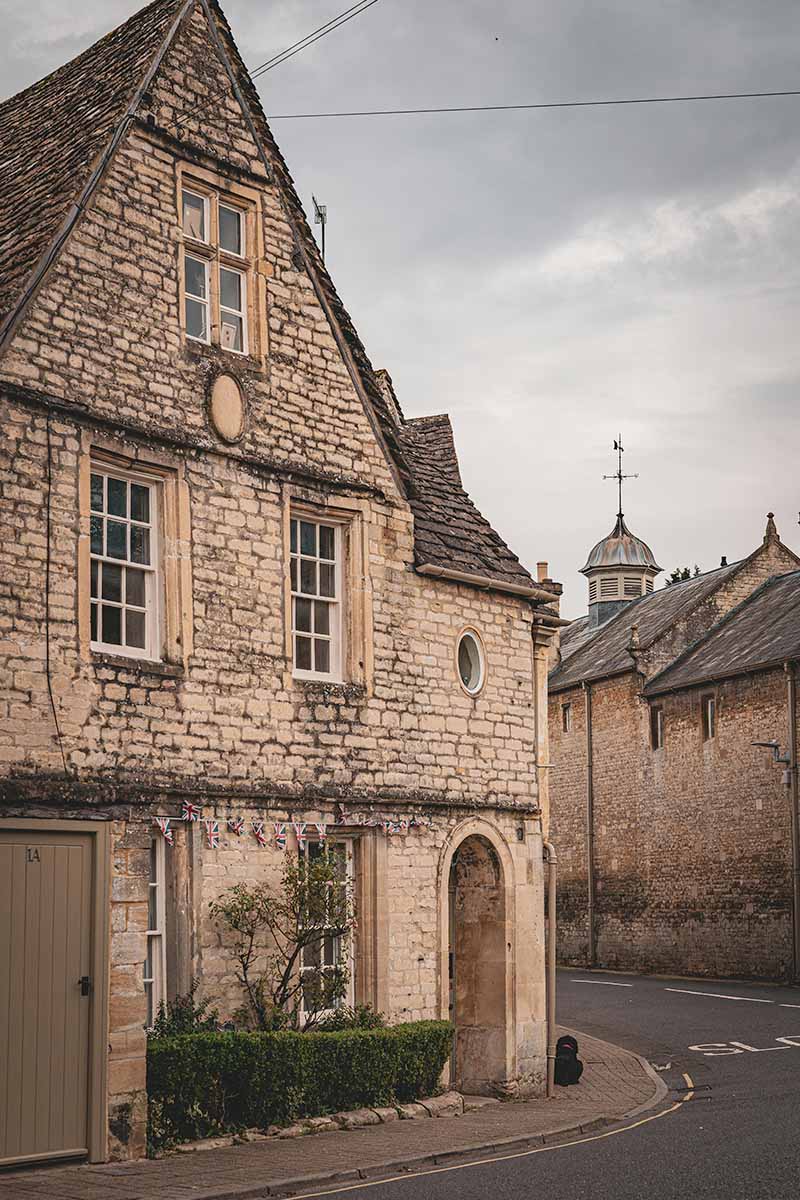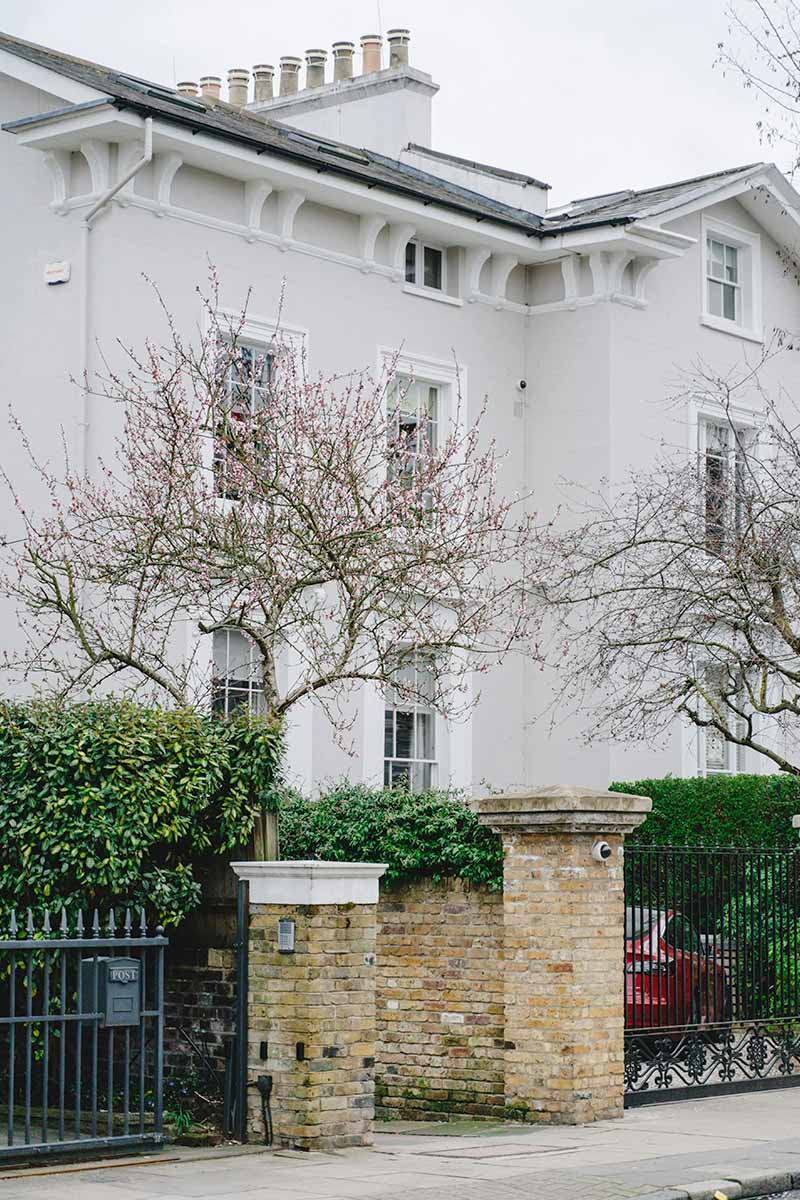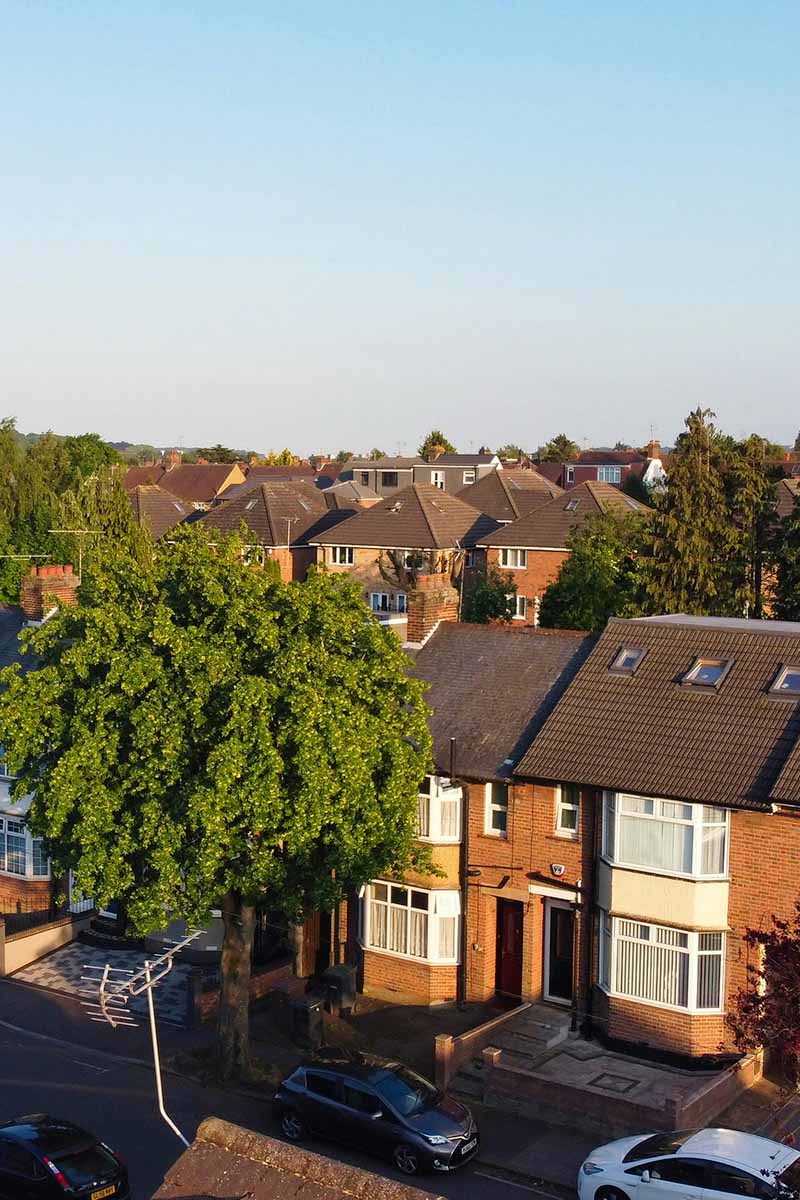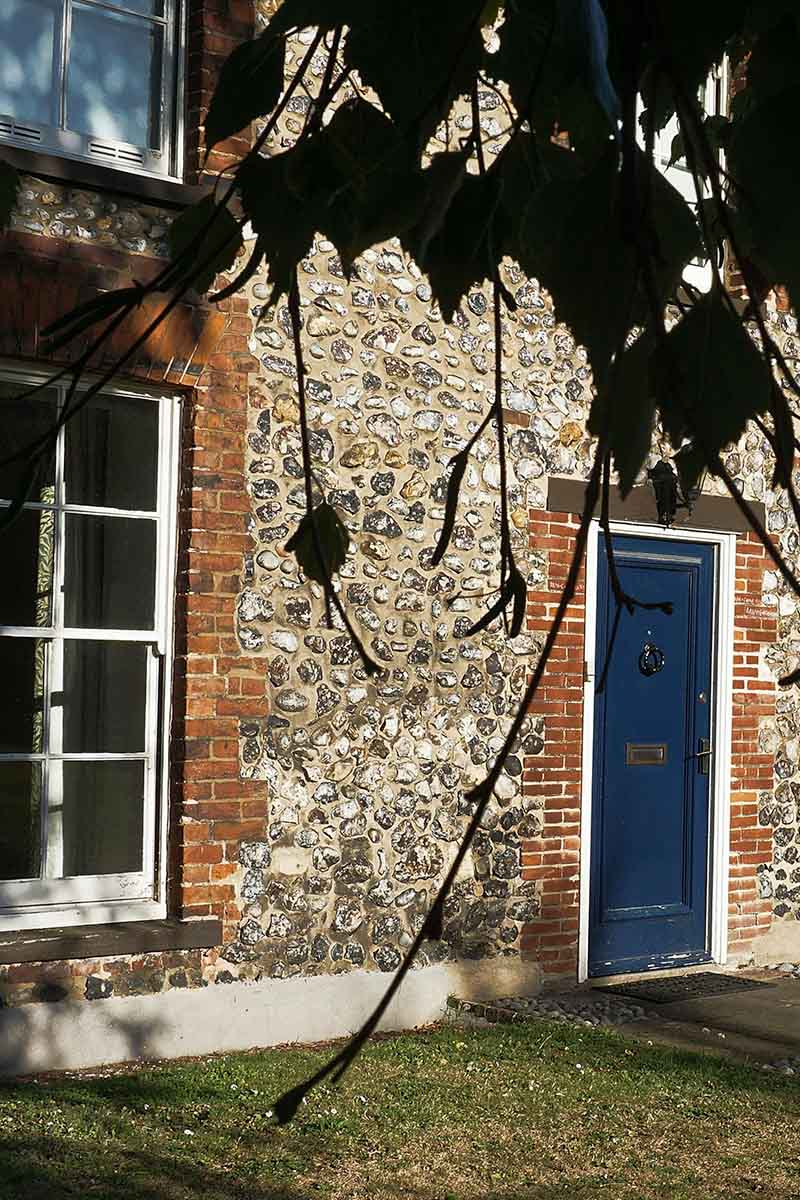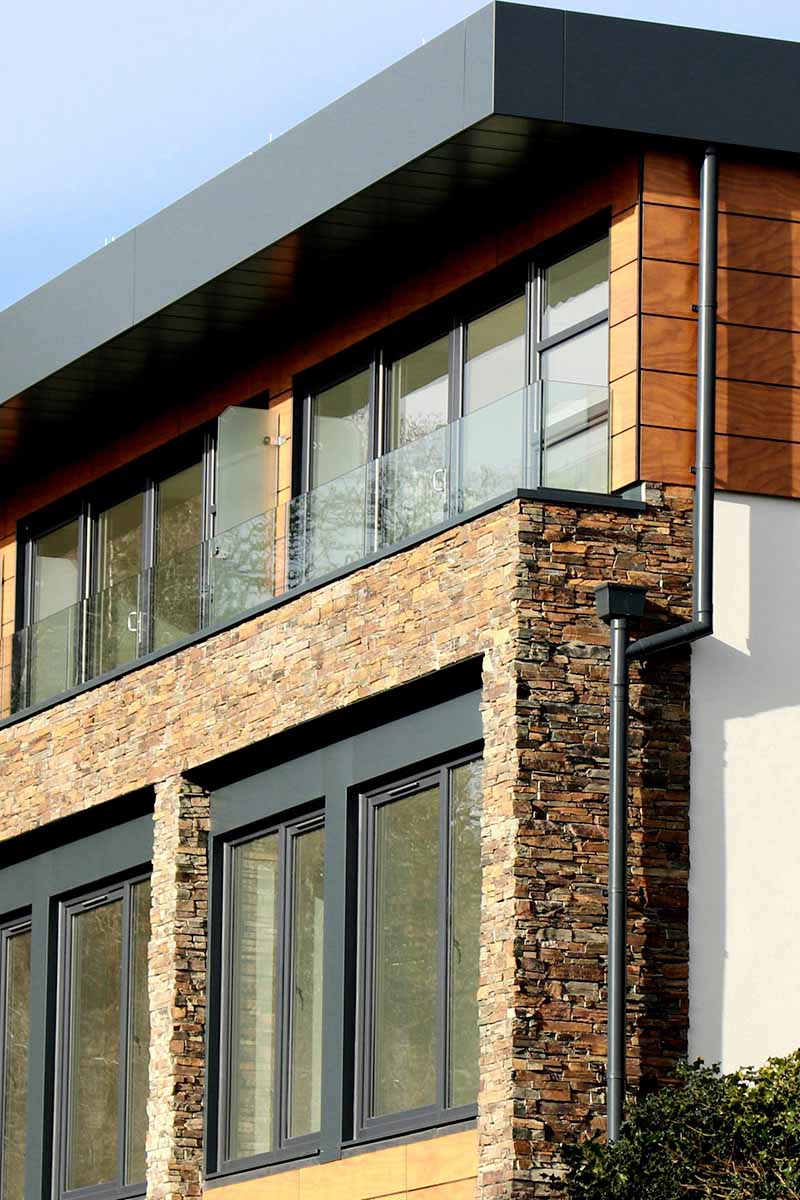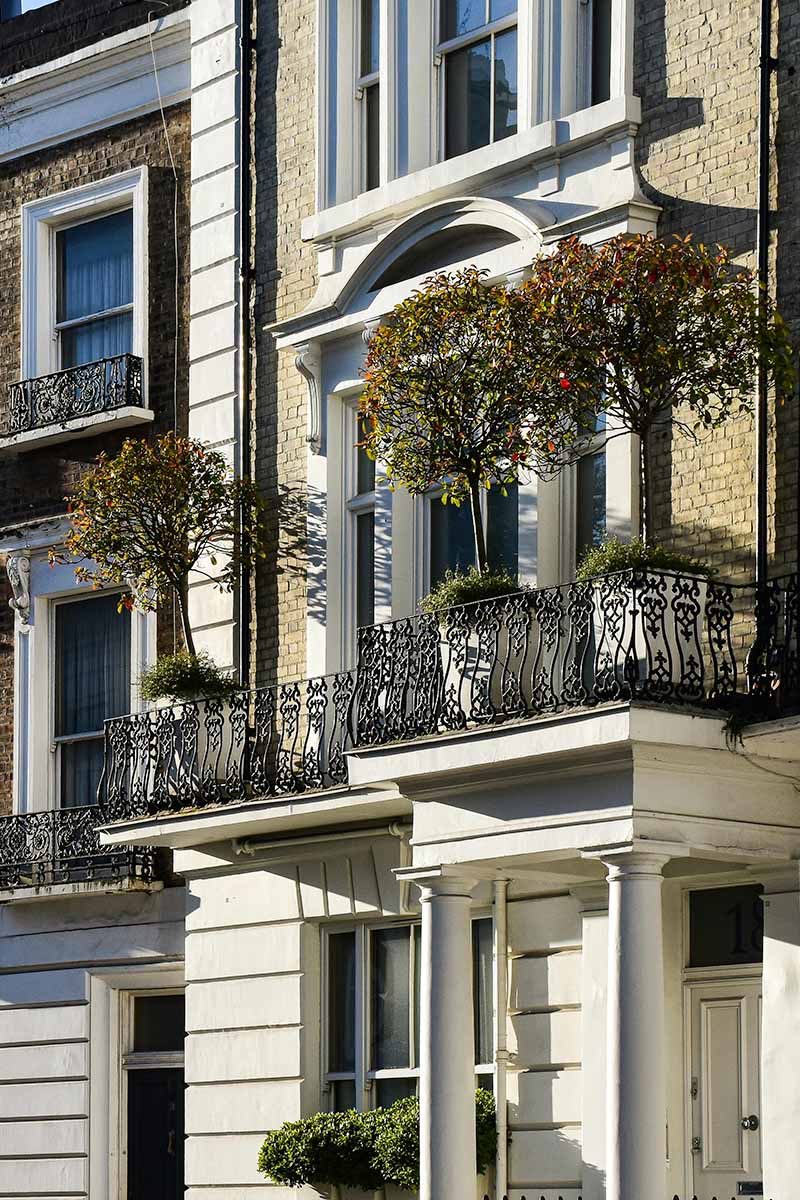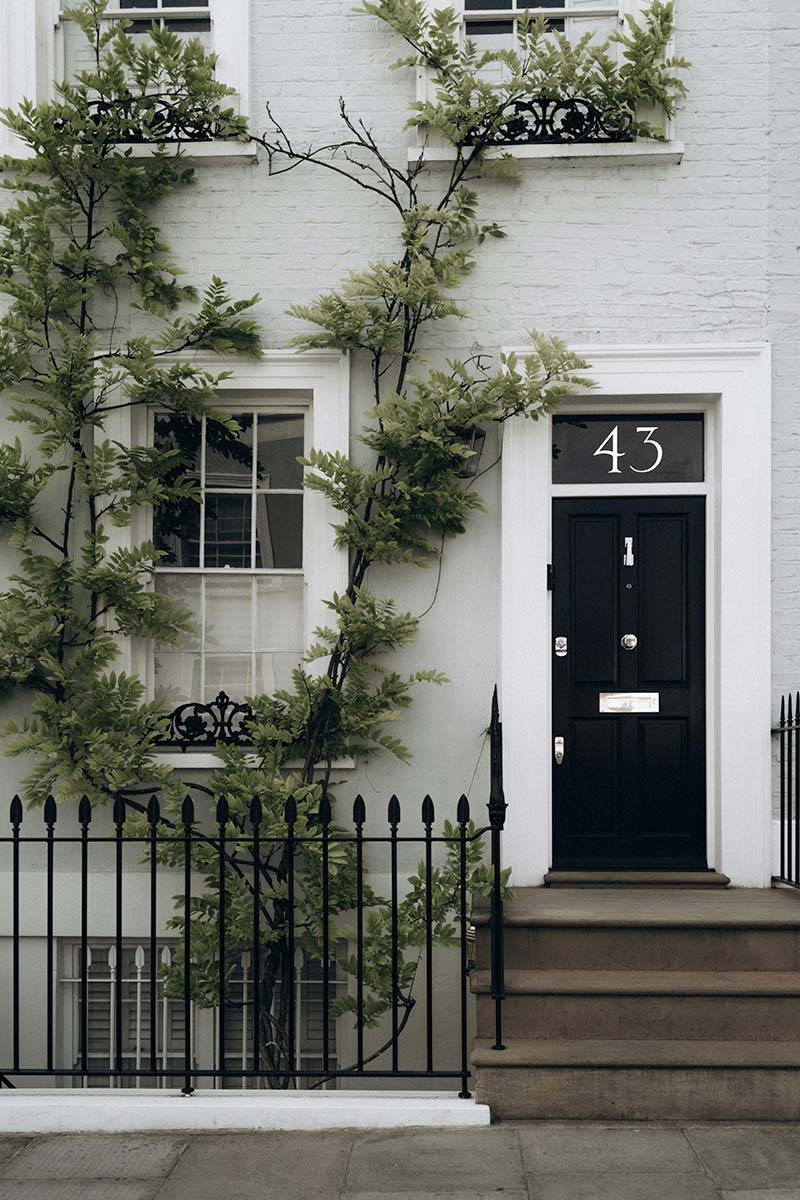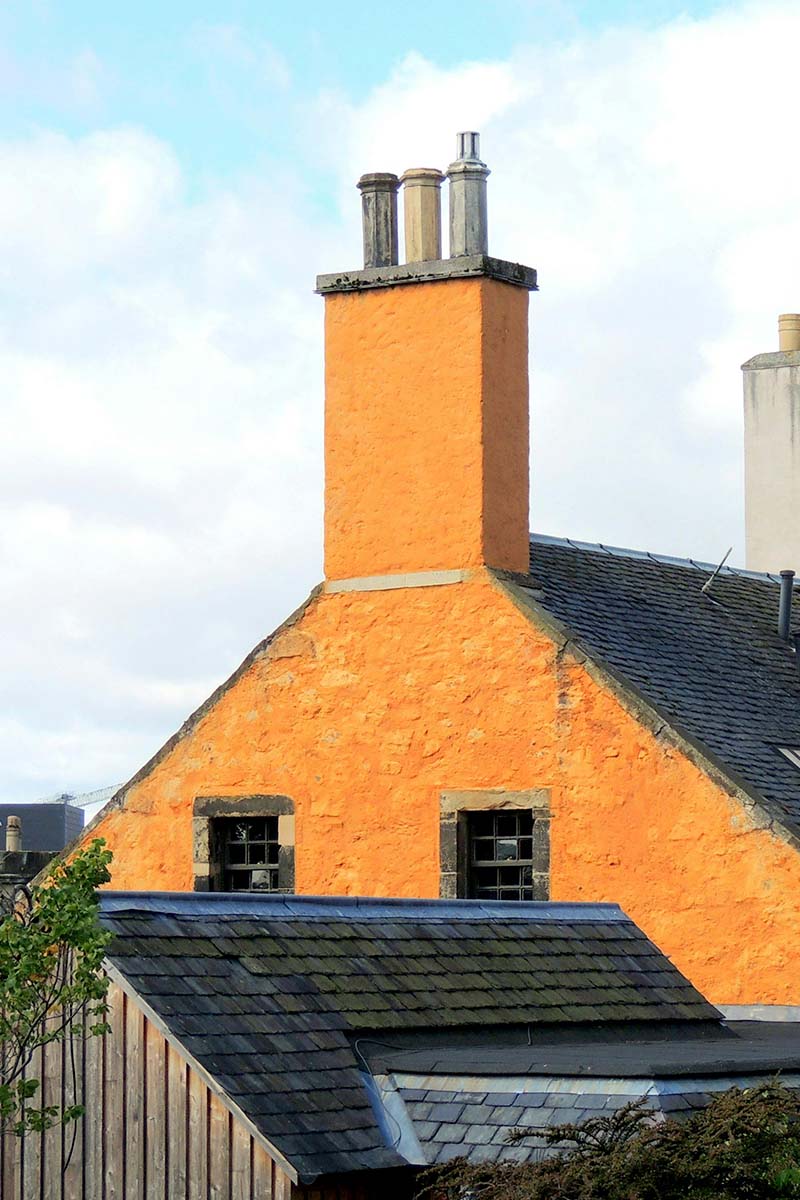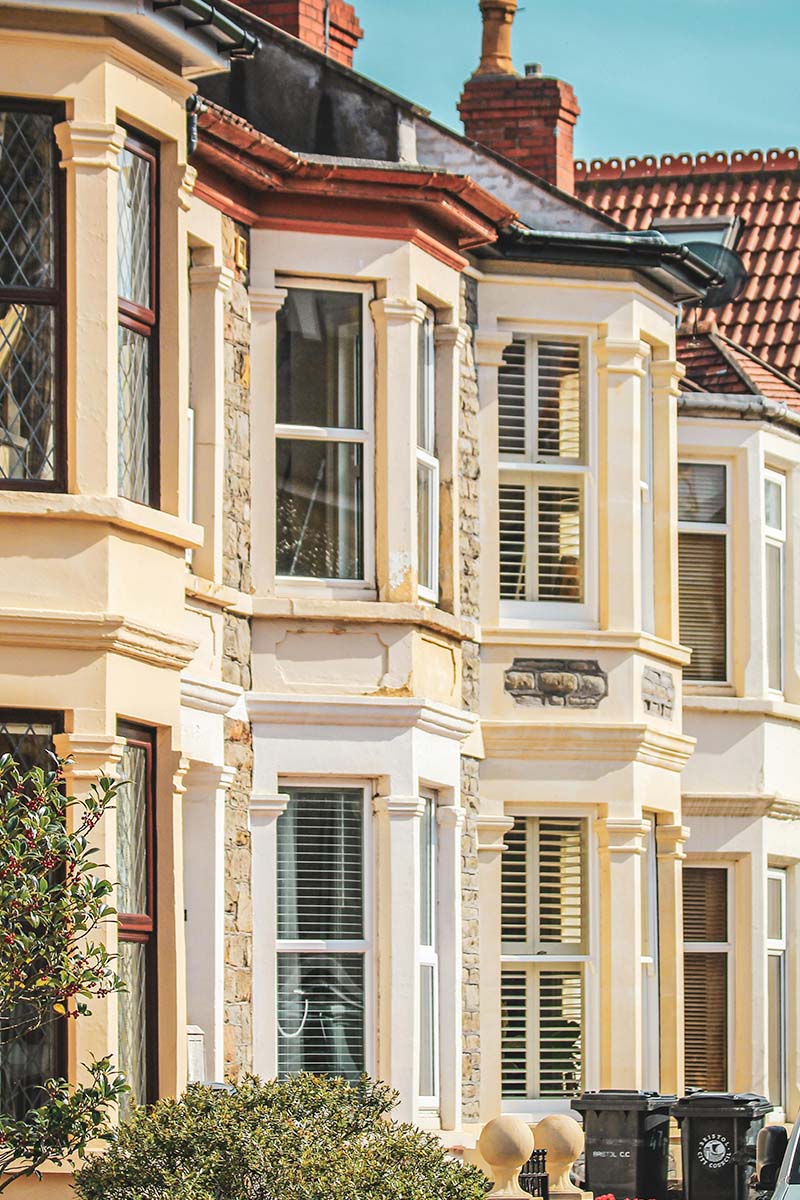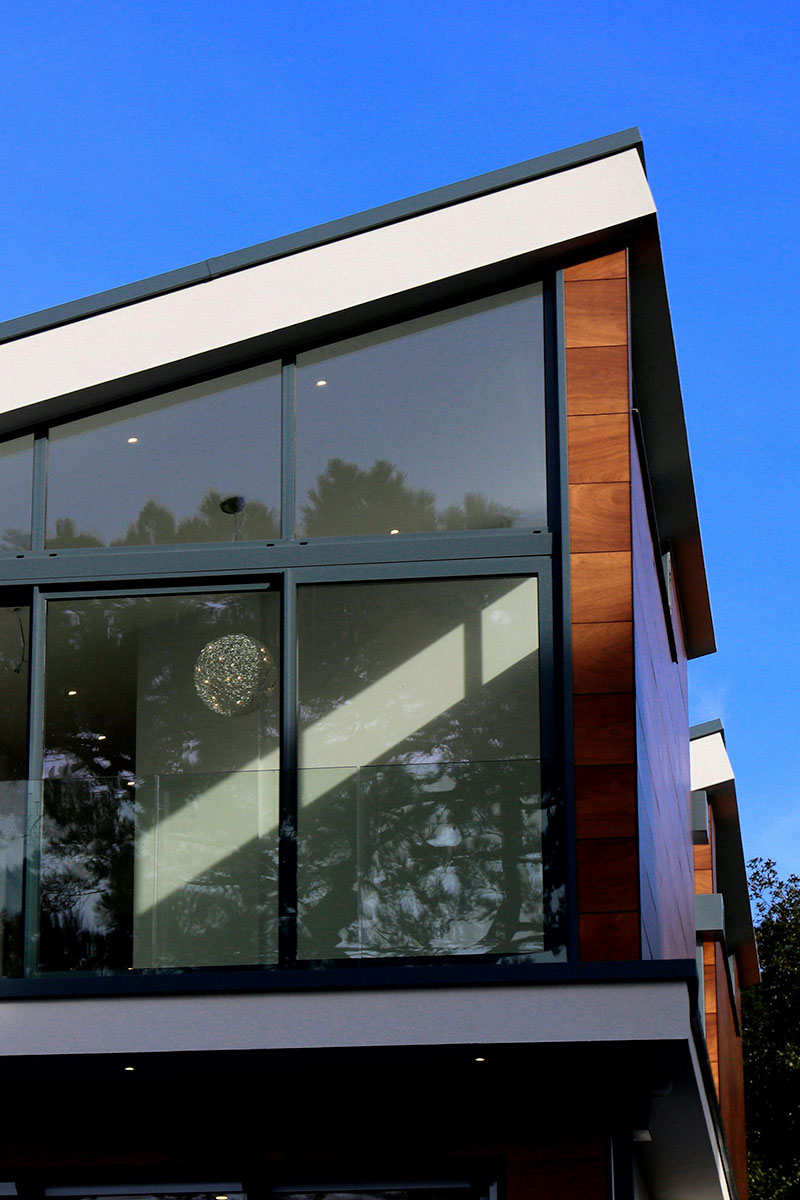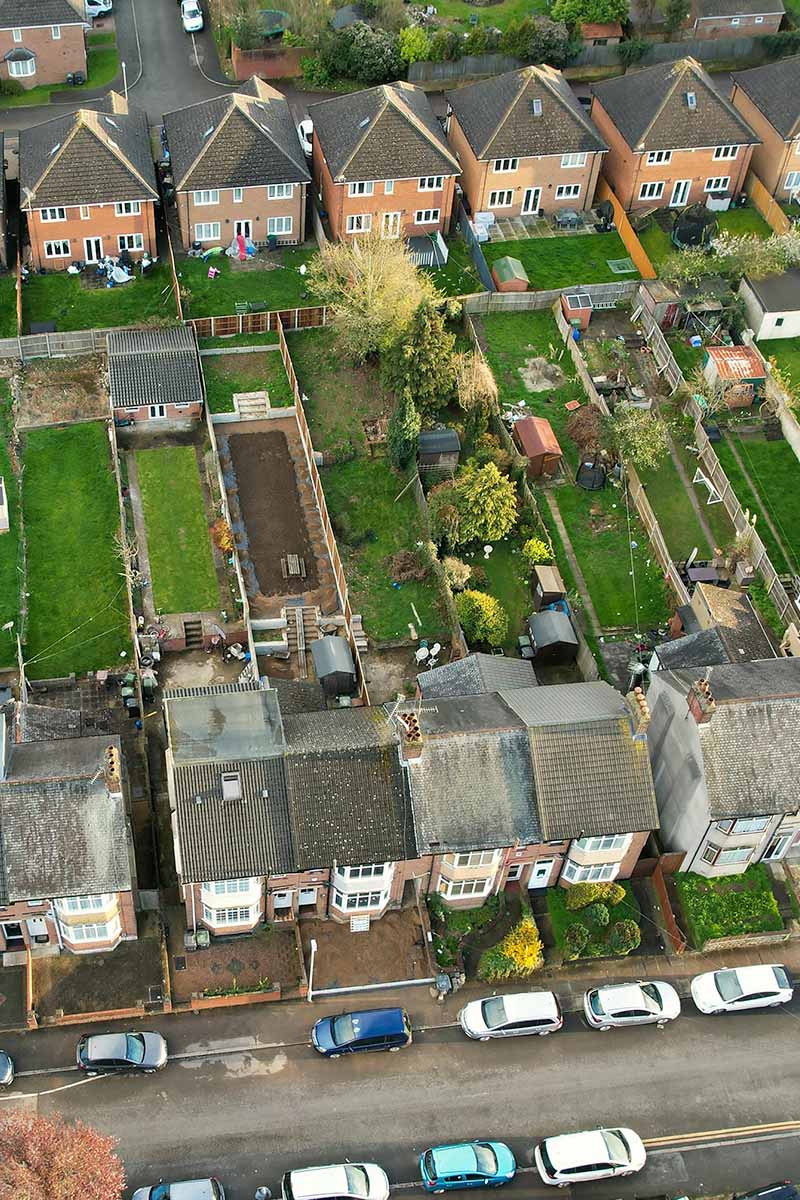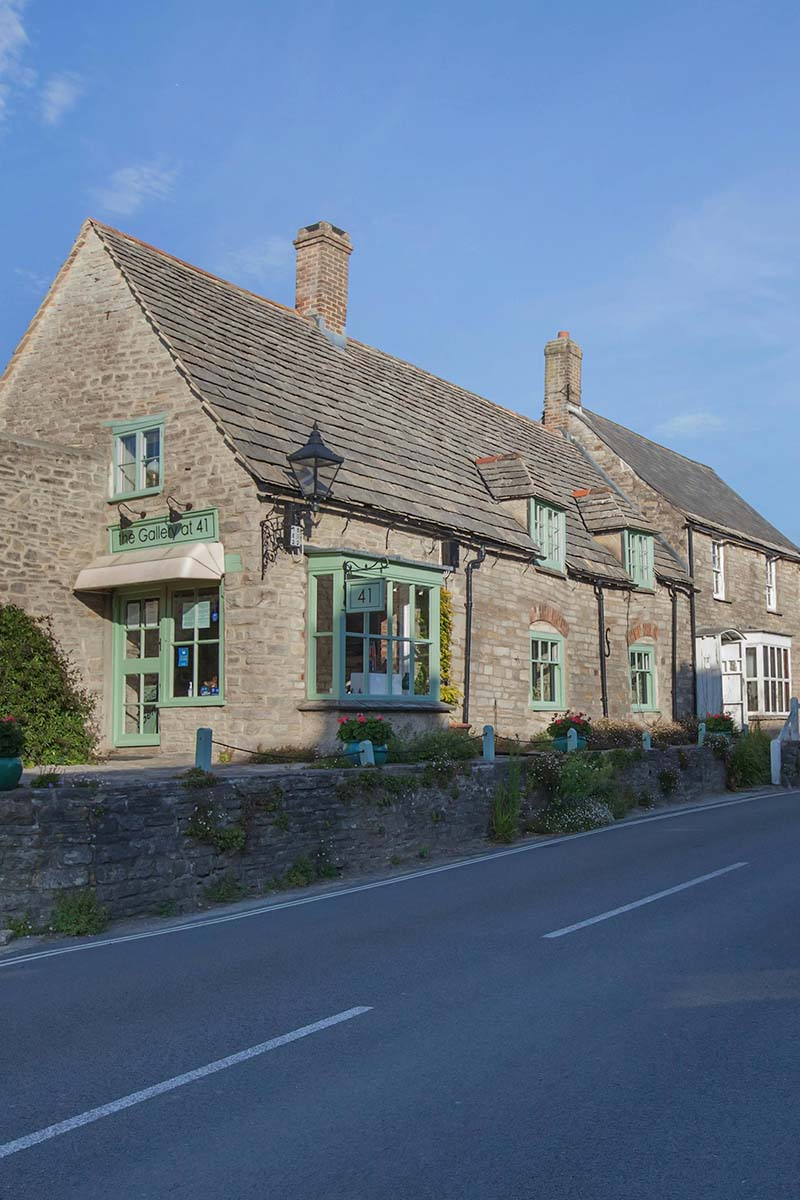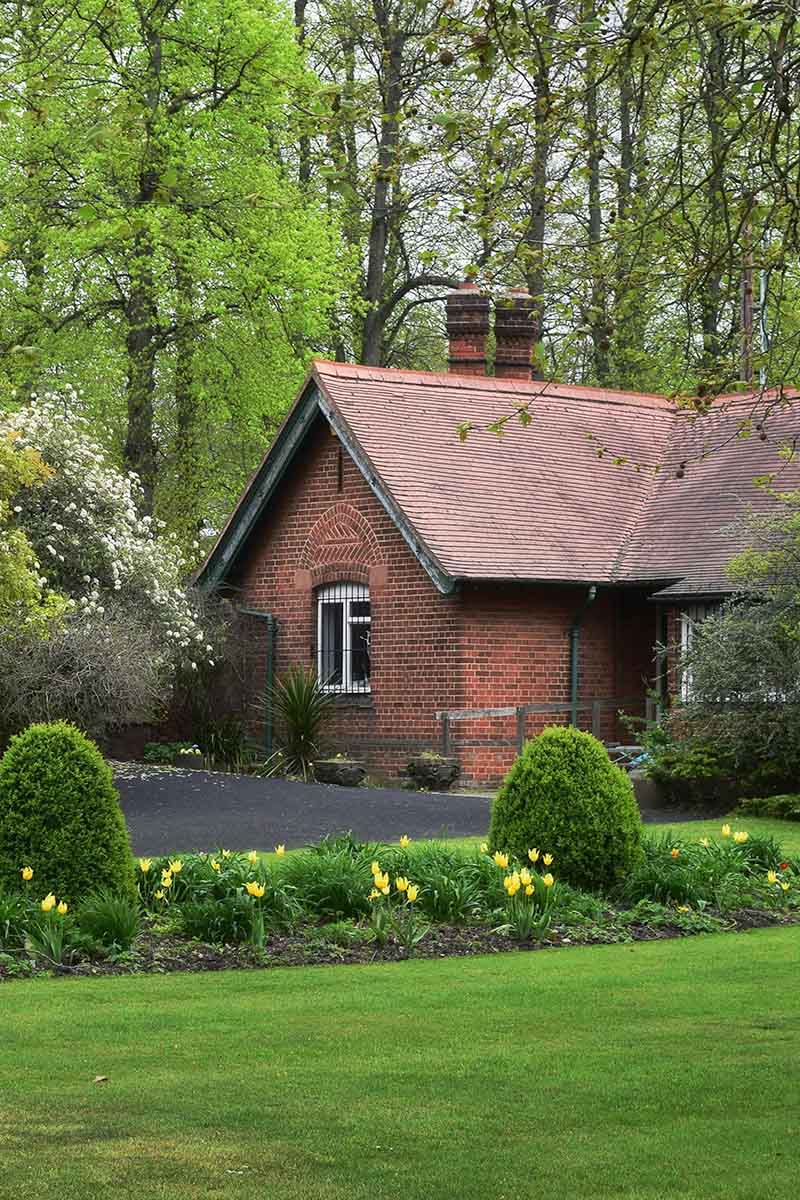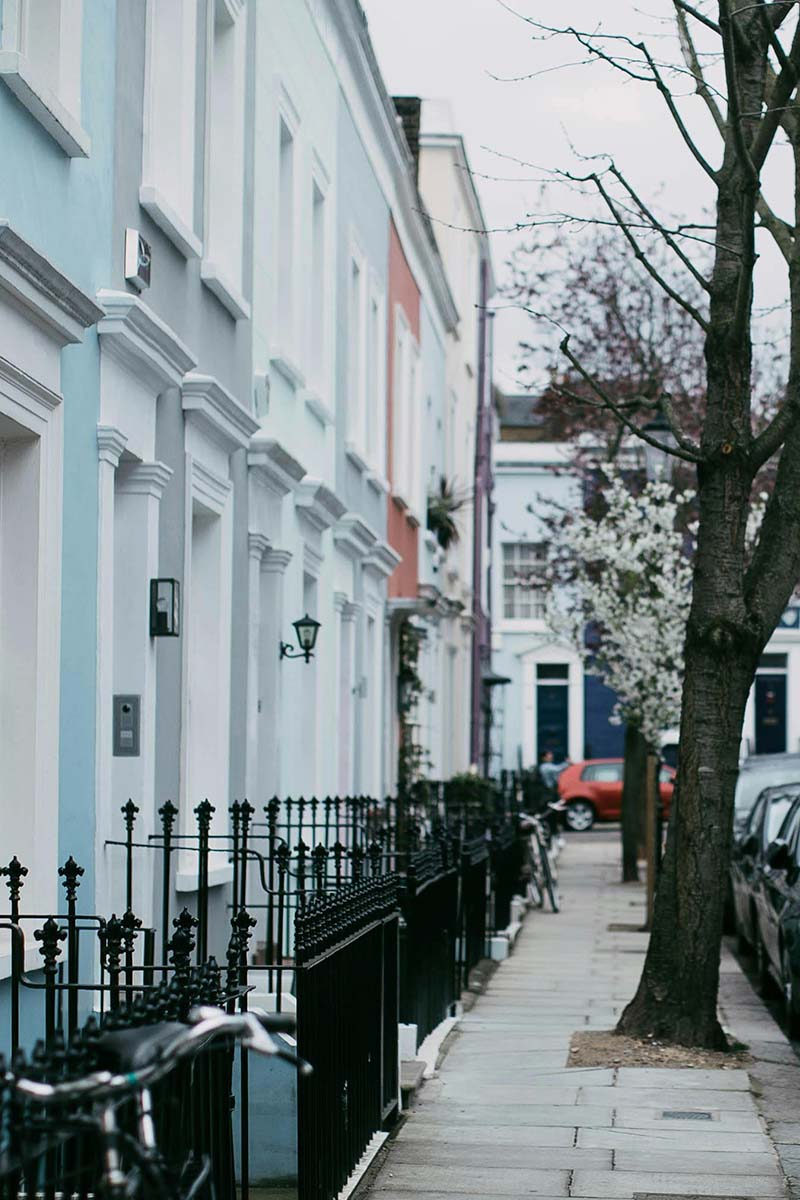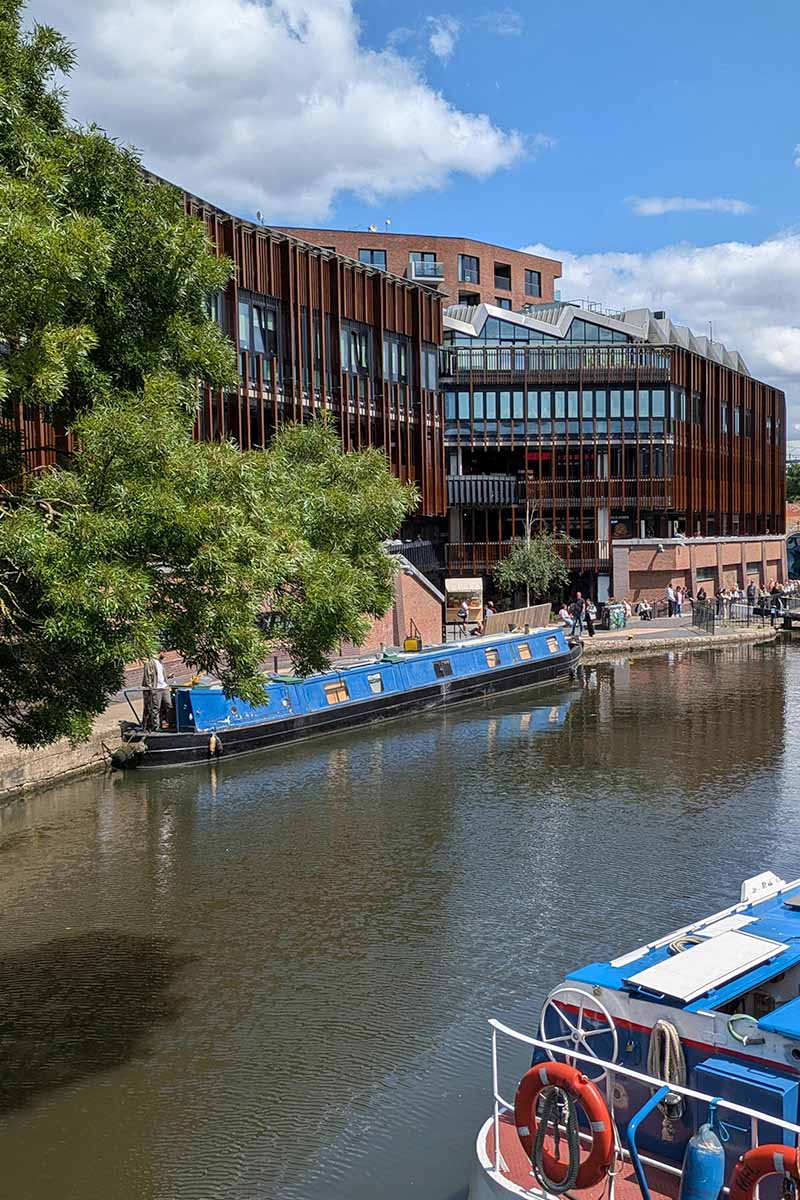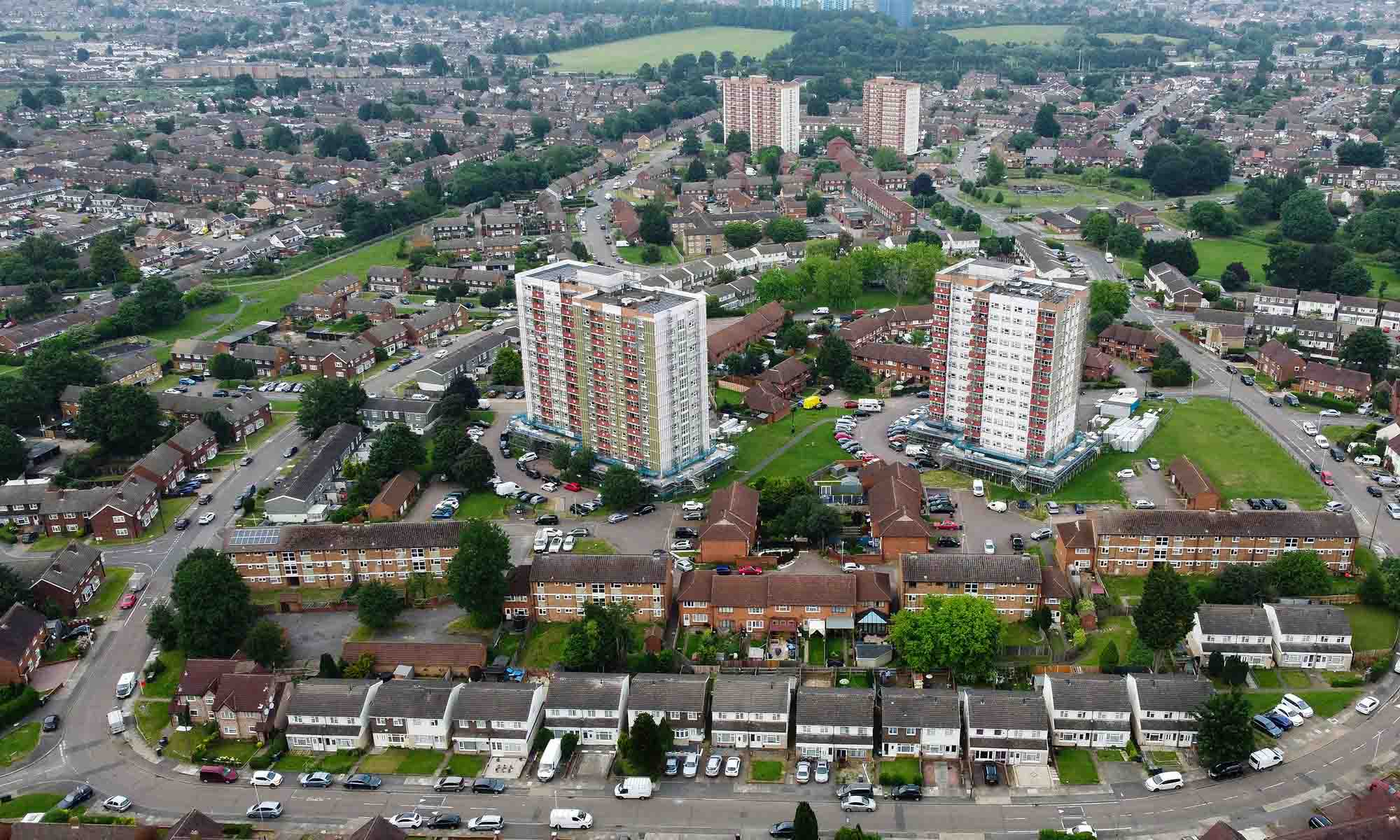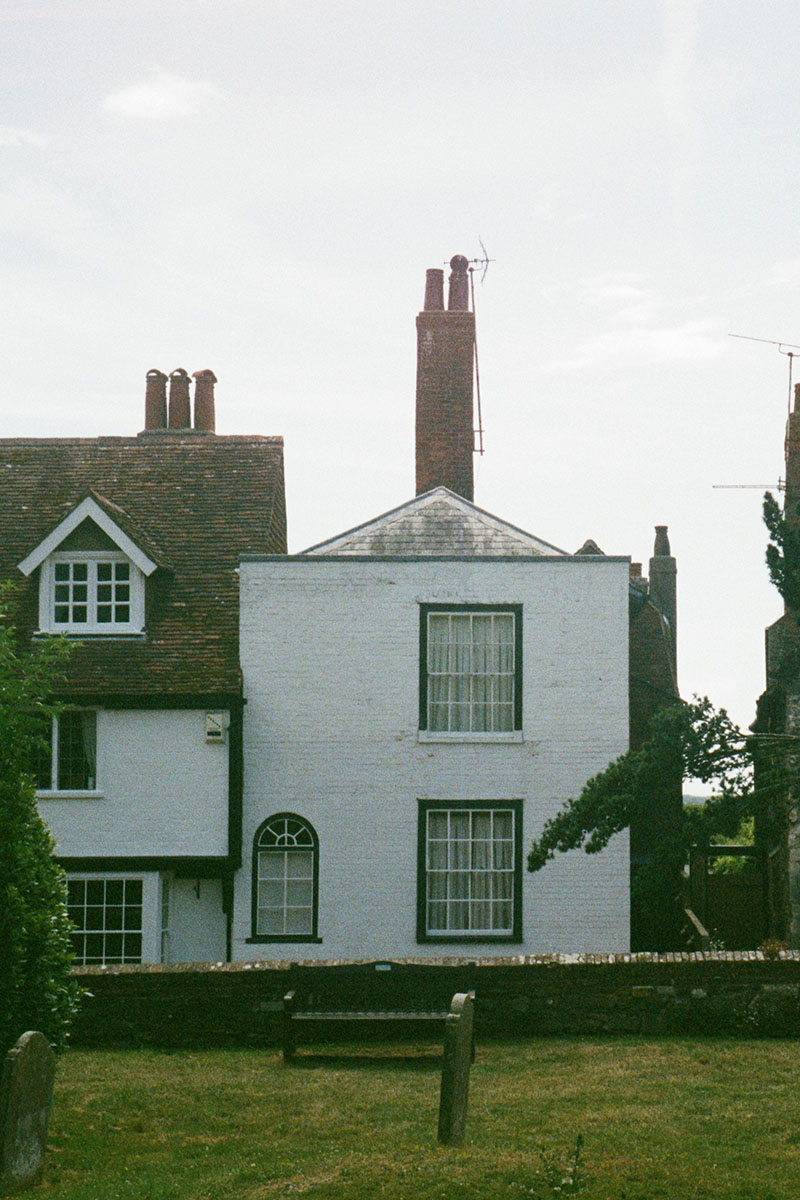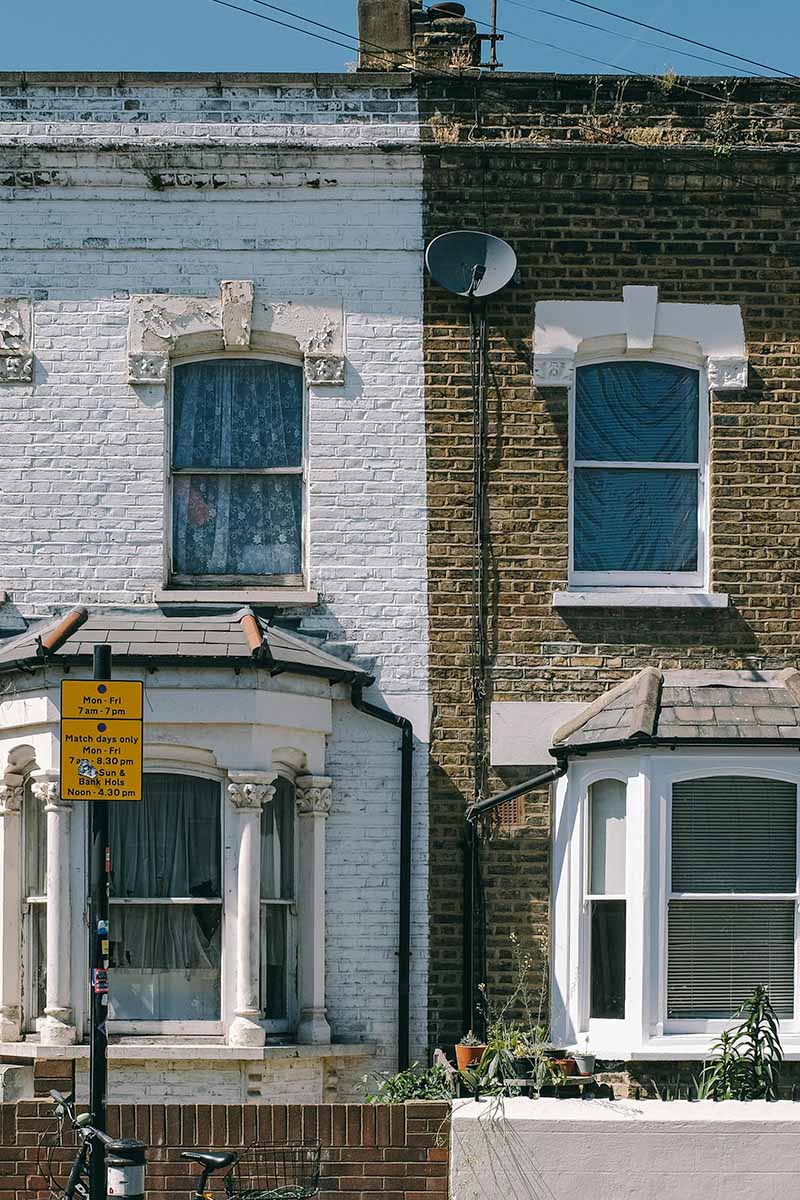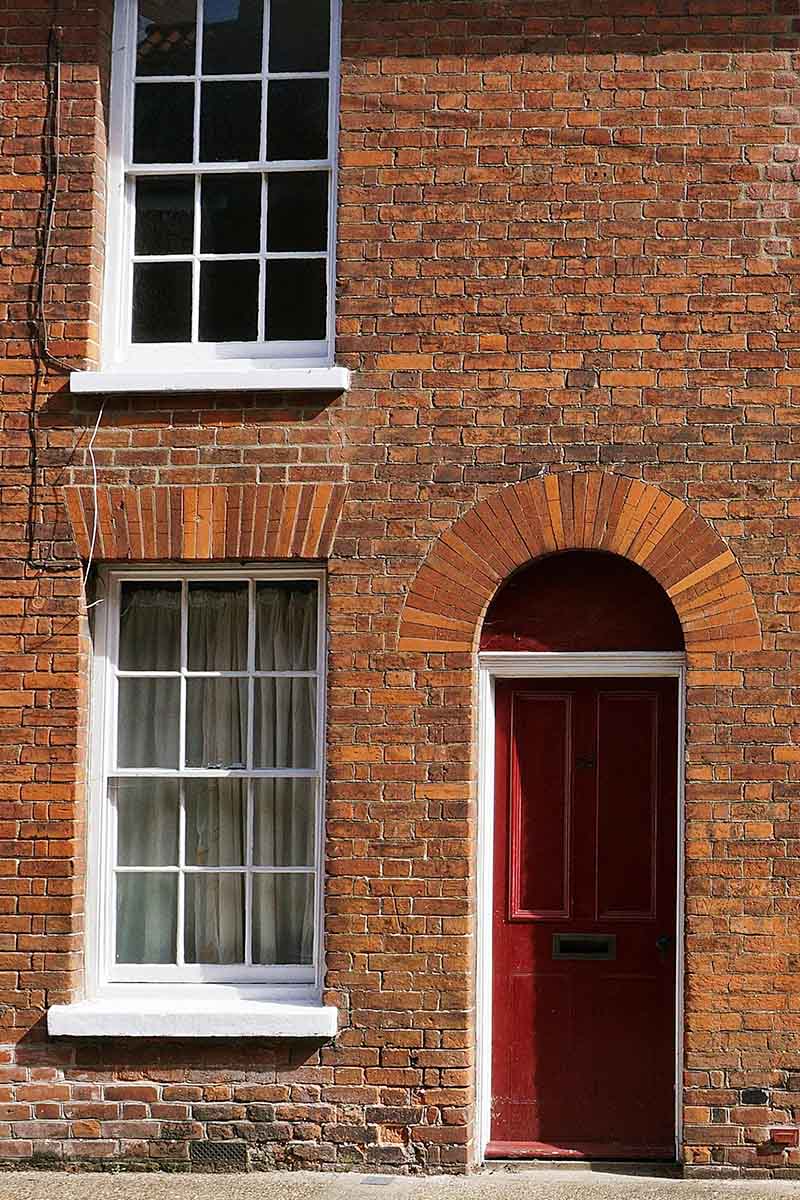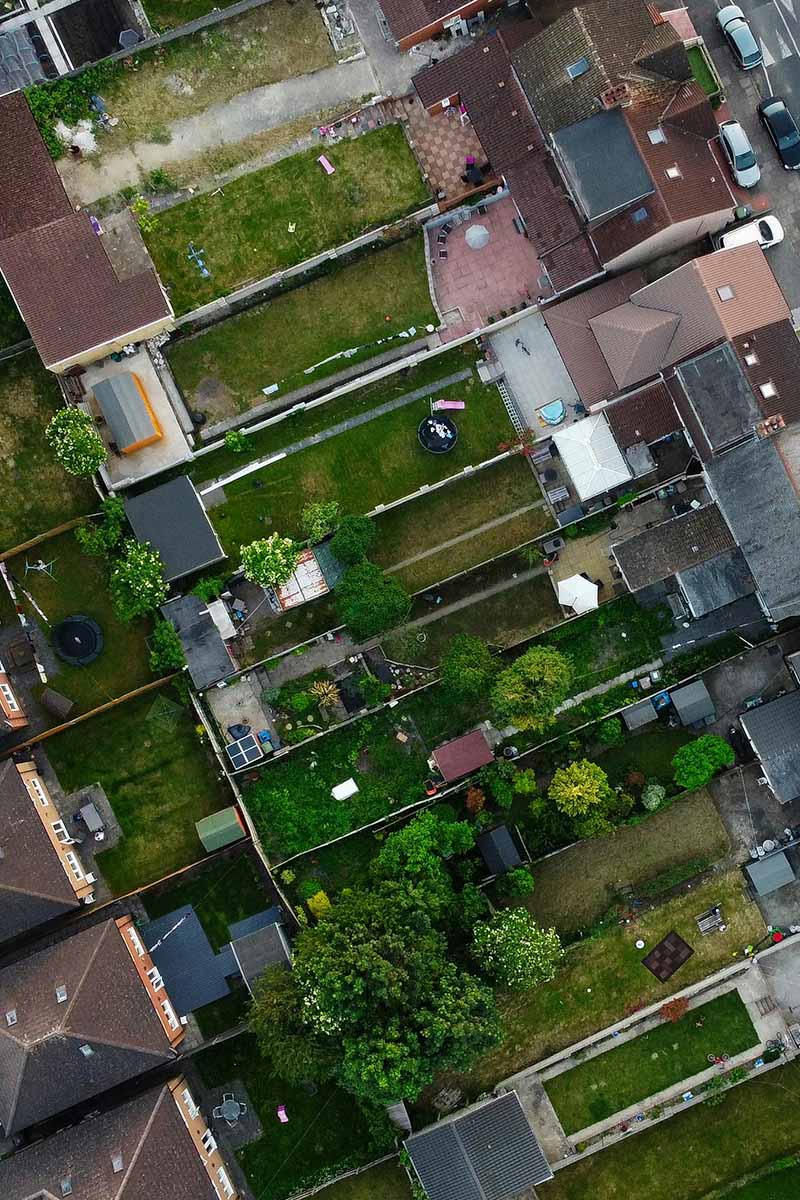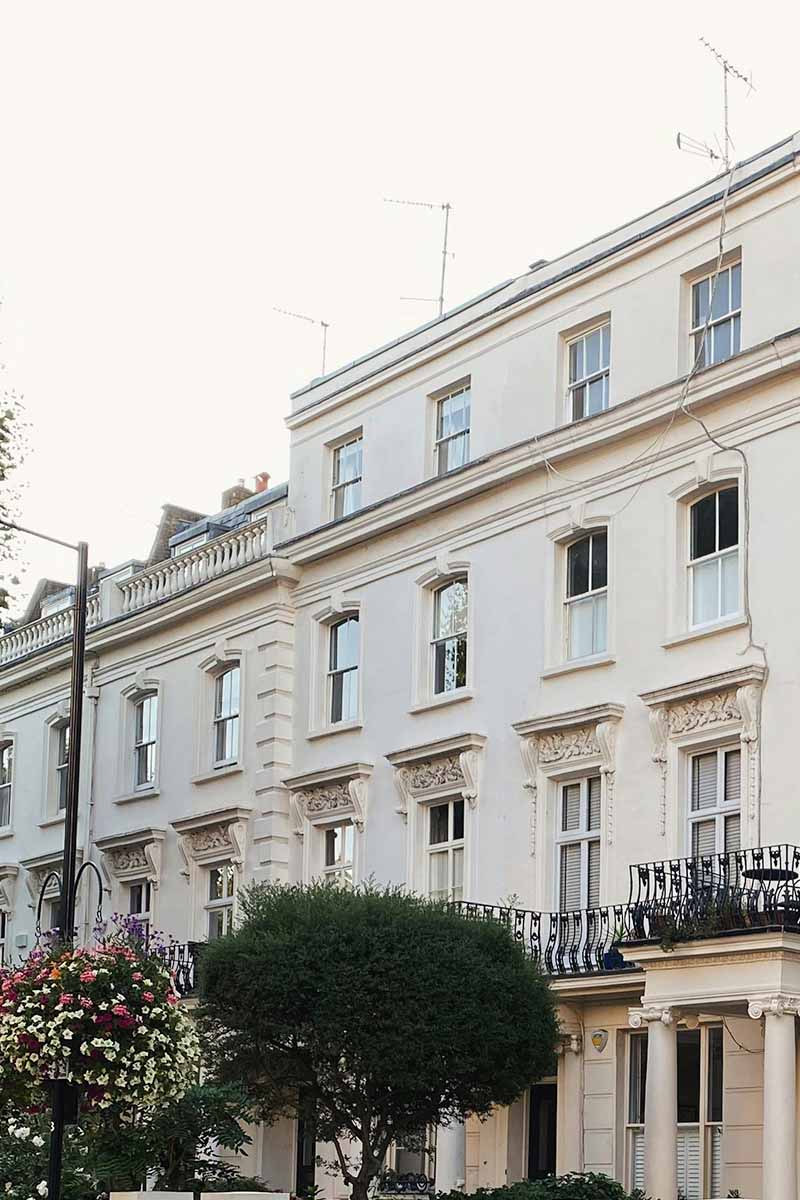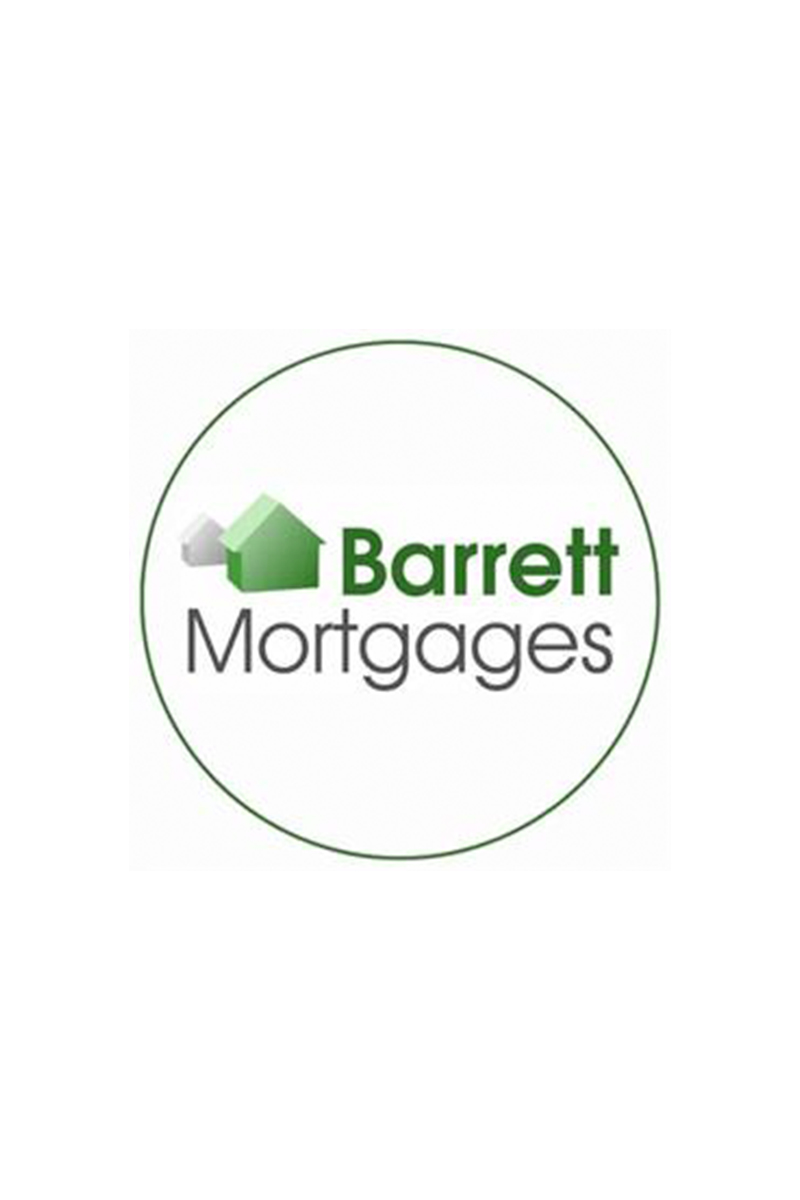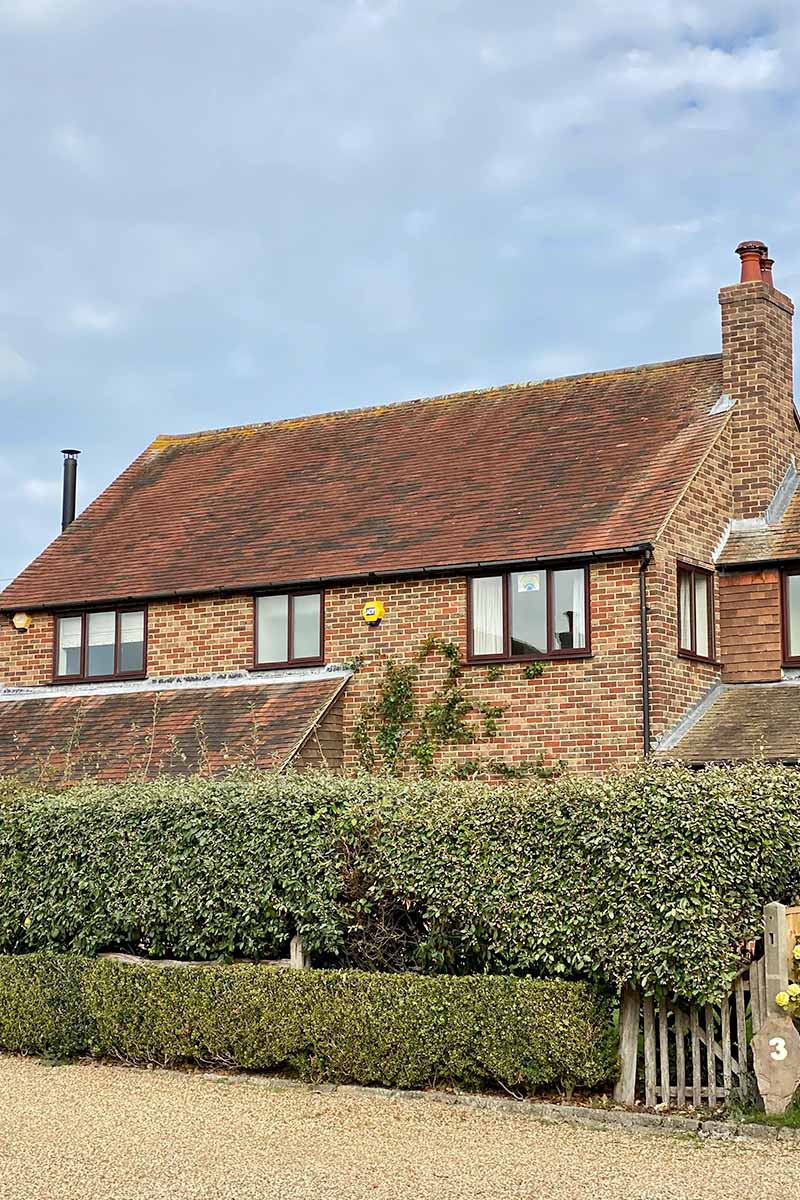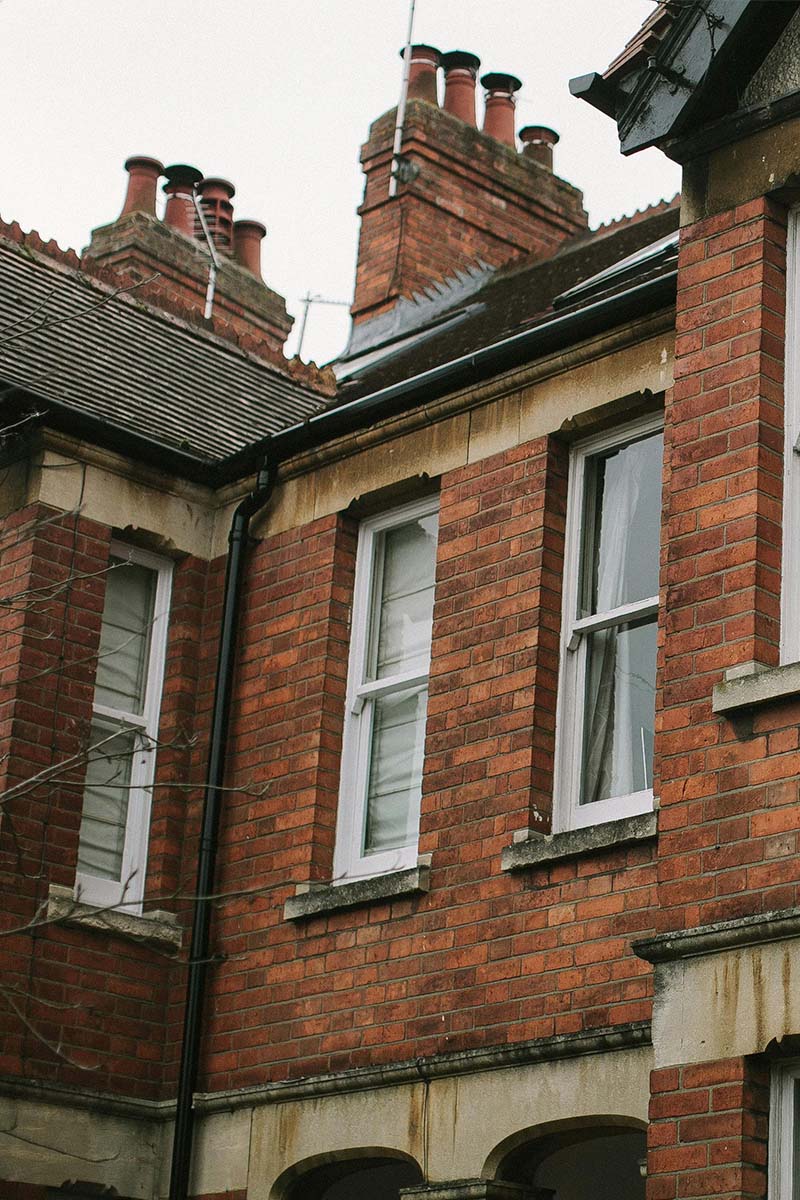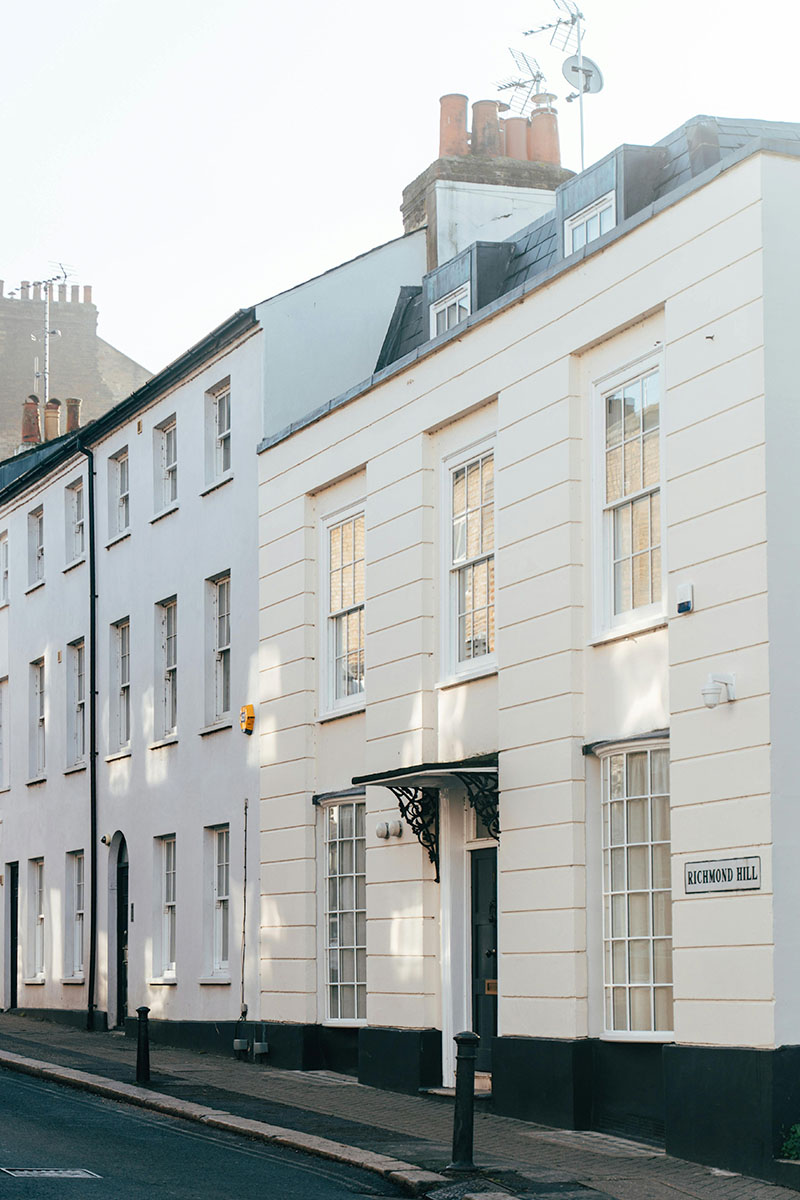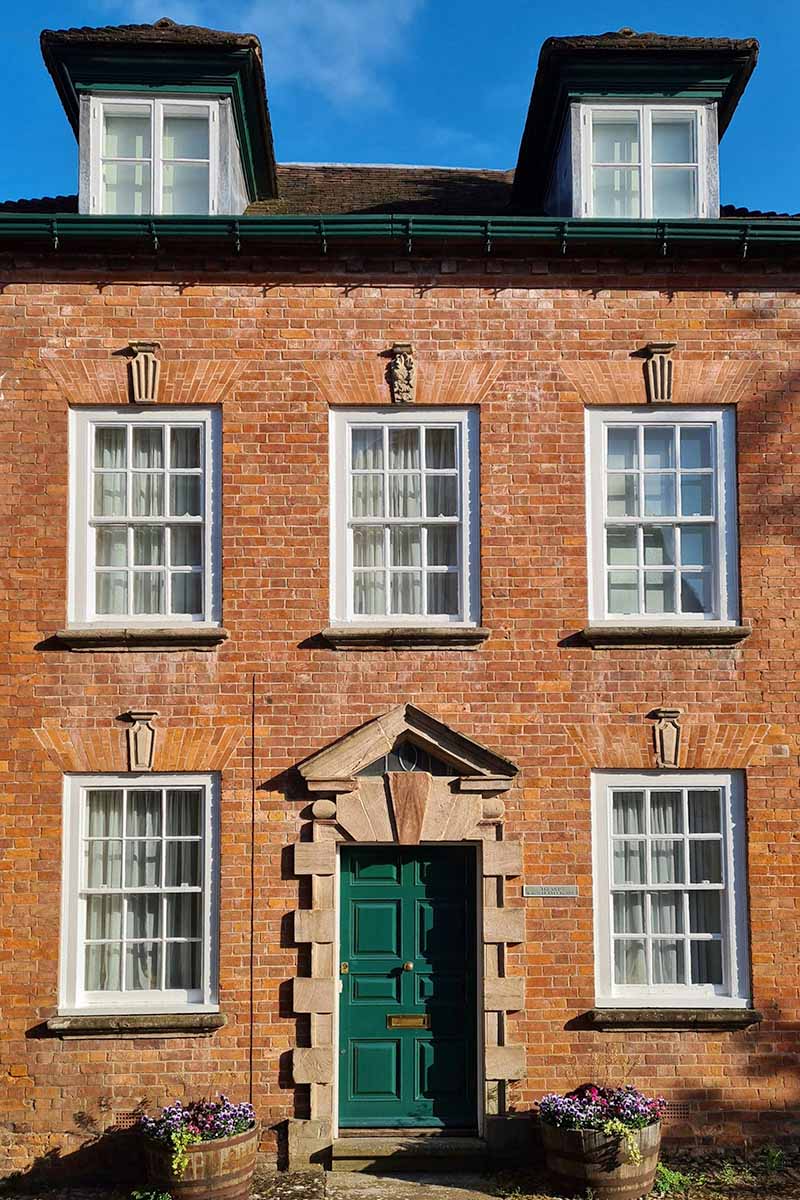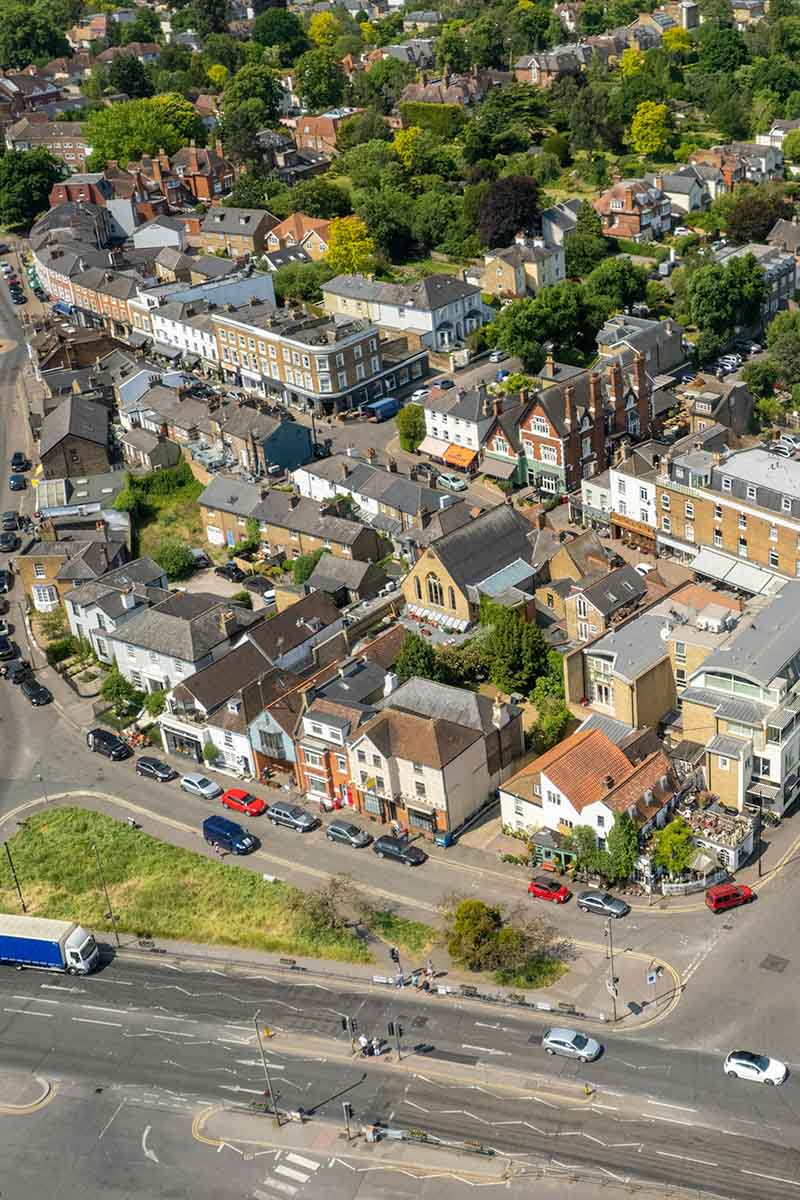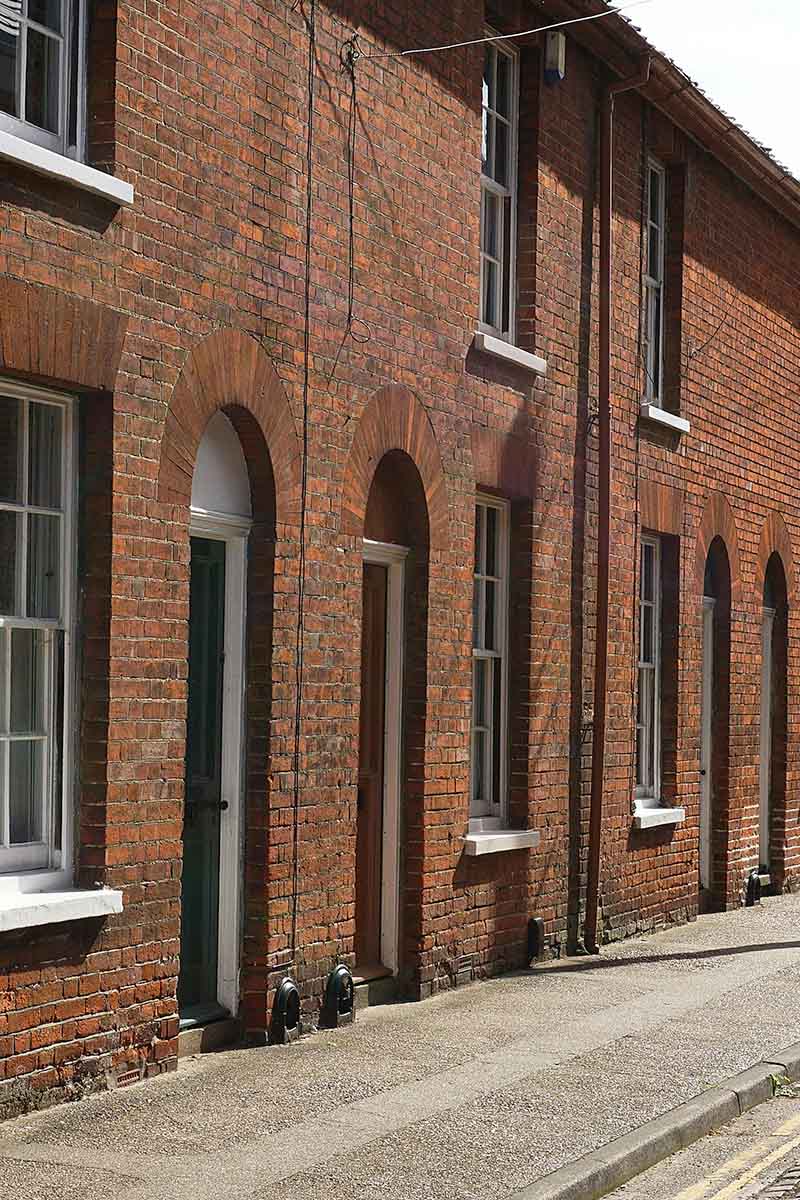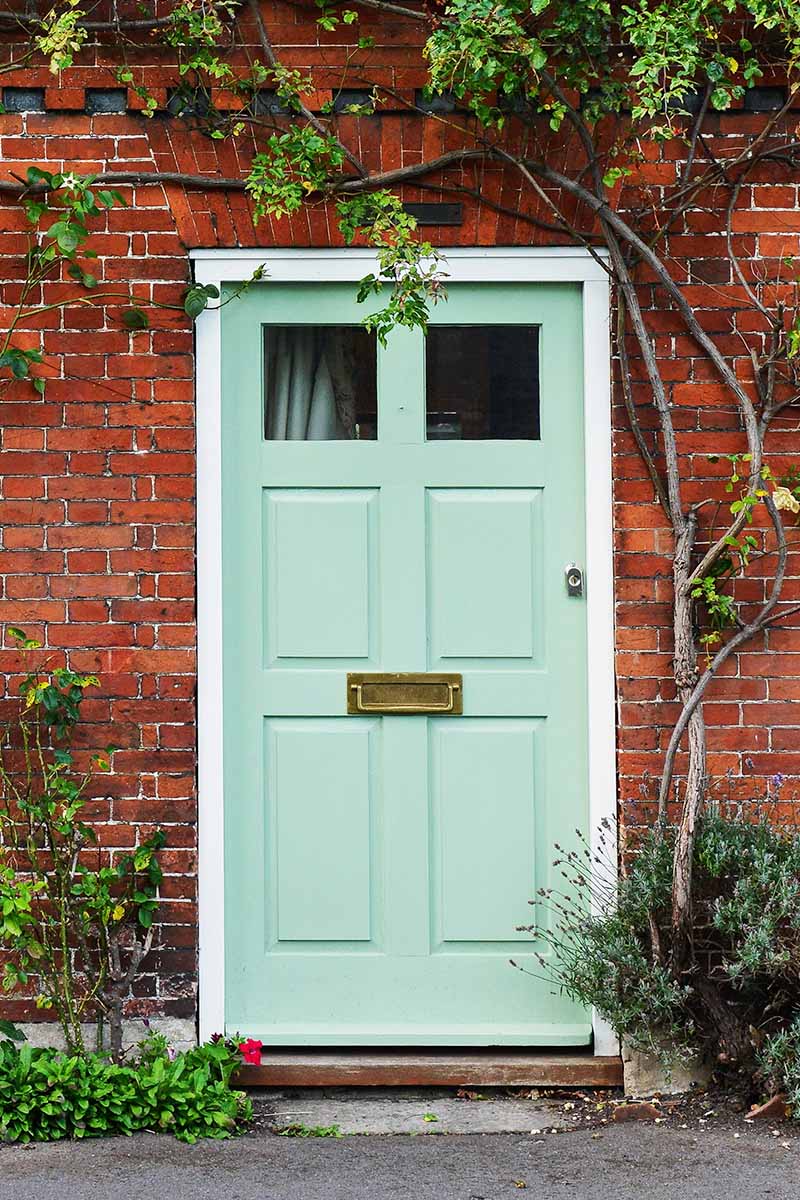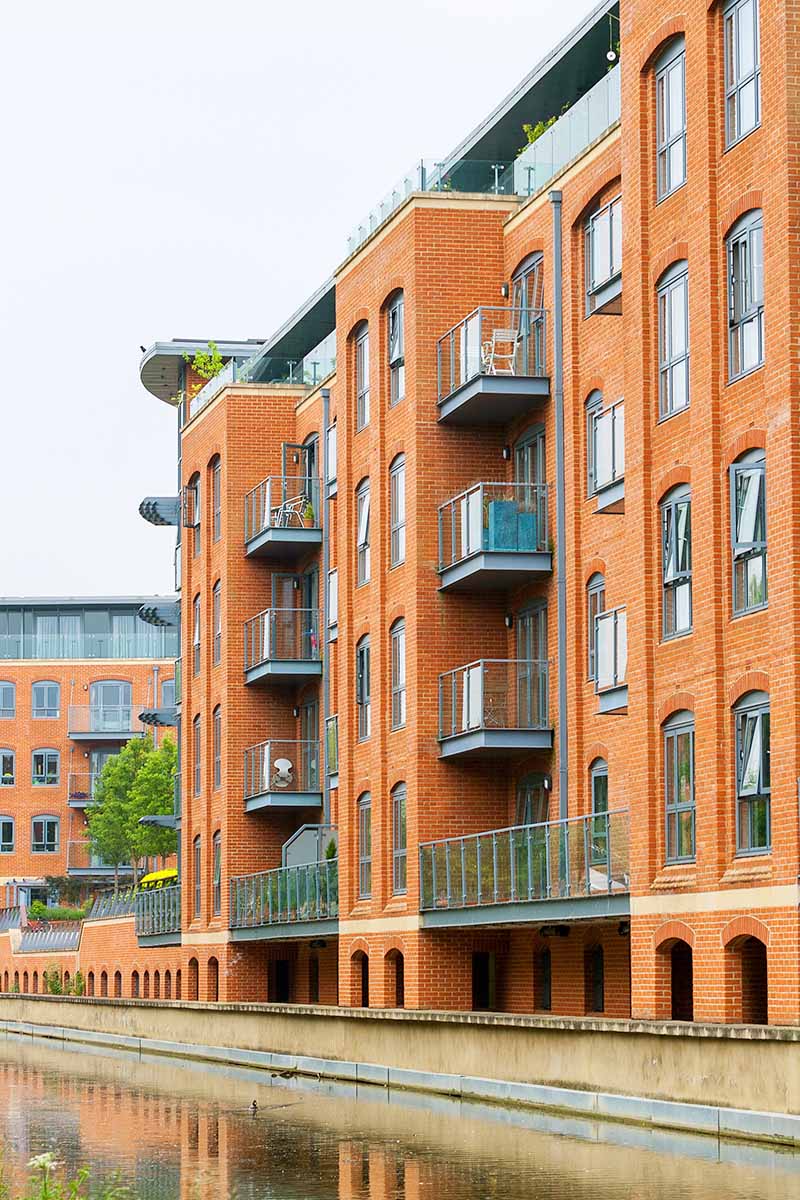What are the real costs of selling a house in the UK?
In this guide, we break down many of the potential costs of selling a house in the UK, including estate agent fees, auction charges, and how cash buyer routes like Habello compare. Whether you’re planning a traditional sale or looking for a faster alternative, this guide helps you understand what you’ll pay and what you could avoid.
Here’s a breakdown of the most important things to know when it comes to selling costs:
- Estate agent fees, legal costs and buyer-driven renegotiations can eat into your final proceeds.
- Auction houses charge upfront fees and higher commissions, and the final price is often below market value.
- Leasehold properties often involve additional admin charges and legal complexity.
- Delays in selling can add months of mortgage, insurance, and council tax costs.
- Selling to a cash buyer like Habello means no fees at all — and no risk of fall-through.

Summary of costs by selling route
Costs of selling a house via an estate agent
Selling with an estate agent is the most common route in the UK, but it's not without costs — both predictable and unexpected. Below is a breakdown of each potential expense, including nuanced examples that may apply depending on your circumstances.
Estate agent fees
Most estate agents charge a commission based on the final sale price of your home. This typically ranges between 1% and 3% plus VAT. For a £300,000 property, a 1.5% + VAT fee would cost you £5,400.
Fees are usually “no sale, no fee”, meaning you only pay once the sale completes. However, always read the small print — some agents include minimum fees, or tie-in clauses that lock you into their service for a set period.
If you use a multi-agency agreement (more than one agent marketing the property), the fee can increase to 2.5% or more. Online agents may charge a flat fee upfront, which can range from £300 to £1,500, and is payable whether you sell or not. Always confirm whether the fee includes VAT and what’s covered in the service.
Legal (conveyancing) fees
Conveyancing fees are paid to a solicitor or licensed conveyancer to handle the legal side of your sale. Expect to pay between £550 and £1,000, though this may rise for leasehold properties or sales with complications.
You’ll also encounter disbursements — small third-party charges such as Land Registry documents (£6–£12), bank transfer fees (£25–£50), and ID checks.
If your buyer is using Help to Buy, a lease extension, or other schemes, your solicitor may charge more due to the extra admin involved. Some firms offer fixed-fee packages, but others may itemise every cost separately.
EPC (Energy Performance Certificate)
You are legally required to have a valid EPC before marketing your home. These certificates last for 10 years, so if you’ve sold or rented in the past decade, you may already have one.
If not, you’ll need to purchase one for £35 to £150, depending on your location and the assessor’s fees. Some estate agents include this in their service or offer it at a discounted rate, but it’s ultimately your responsibility to ensure it's in place.
Leasehold costs (if applicable)
If your property is leasehold — such as a flat or a house on a managed estate — expect additional charges. The most common is the Leasehold Information Pack, which provides the buyer with financial and legal details from your freeholder or managing agent.
This pack typically costs £150 to £400, depending on the provider. Other potential leasehold costs include:
- Notice of Assignment fees.
- Deed of Covenant charges.
- Certificate of Compliance fees.
Each can range from £50 to £300, and they’re often non-negotiable. These costs are almost always paid by the seller and can slow down the sale if not ordered early.
Home preparation and maintenance
Most estate agent sales rely on strong presentation. While there's no legal requirement to clean or redecorate, homes that are clean, uncluttered and well-maintained tend to sell faster and for more money.
Costs may include:
- Professional deep cleaning: £100–£300.
- Minor repairs (e.g. dripping taps, cracked tiles): £50–£500+.
- Staging or furniture rental: £300–£1,000+.
Even a fresh coat of paint or tidying the garden can improve your property’s appeal. While optional, these costs are strategic — and often recouped through a better sale price.
Optional certificates and inspections
Although not legally required for most owner-occupiers, buyers often feel reassured if sellers provide recent reports.
Common examples include:
- Gas safety certificate: ~£60–£90.
- Electrical condition report (EICR): £120–£250.
- Boiler service record: ~£80–£100.
Providing these up front can prevent delays or last-minute renegotiations. If your property is older or hasn’t been inspected recently, commissioning these voluntarily may give you an advantage.
Buyer survey renegotiations
Even after an offer is accepted, buyers often commission a survey — and they may use the results to renegotiate the price or request repairs.
For example:
- If damp is found, a buyer may demand a £2,000 price reduction.
- If electrics are flagged as outdated, they might ask you to upgrade the fuse board before proceeding.
- If roof issues are uncovered, they could pull out completely.
While not a direct cost, this scenario can lead to unexpected expenses or a delayed sale. You may choose to commission your own survey pre-sale to avoid surprises.
Mortgage exit and early repayment fees
If you have an existing mortgage, your lender may charge:
- A mortgage exit fee (admin fee to close your account): £50–£300.
- An early repayment charge (ERC) if you’re still within a fixed or discounted deal — often 1–5% of the remaining loan.
For instance, if you owe £200,000 and your ERC is 3%, you could pay £6,000 to leave early. Always check your mortgage terms or speak to your lender before committing to a sale.
Removal and moving costs
Unless you're selling a second home or leaving the property empty, you'll need to move your belongings. Removal costs vary depending on distance and size of property:
- Small move (within town): ~£400–£800.
- Larger move or long distance: £1,000+.
- Self-storage: £20–£30 per week.
- Packing materials: £50–£150.
- Mail redirection (3 months): £36.
These costs are often overlooked but can add hundreds (or thousands) to your total expenses.
Seller incentives
In competitive markets, some sellers offer incentives to attract buyers — essentially spending money to secure the deal. Examples include:
- Paying the buyer’s legal or survey fees.
- Offering to cover a portion of Stamp Duty.
- Including appliances or furniture in the sale.
These are entirely optional, but can be used as negotiating tools, especially if your home is in a crowded market or has been listed for a while.
Capital Gains Tax (CGT)
Most sellers don’t pay CGT if the home is their main residence — thanks to Private Residence Relief.
However, CGT may apply if:
- The property is a second home or buy-to-let.
- You’ve lived elsewhere for extended periods.
- The property is unusually large or has business use.
The rate is typically 18% or 28%, depending on your income. Always seek tax advice if in doubt, as CGT can reduce your net proceeds significantly.
Indemnity insurance and missing documents
Buyers (or their solicitors) may request indemnity insurance if:
- Building regulation certificates are missing.
- Work was done without planning permission.
- Title issues or access rights aren’t fully documented.
These policies cost £50–£300, and are usually paid by the seller to keep the sale on track. They offer peace of mind and are often faster than trying to fix the underlying issue.
Ongoing ownership costs during the sale
While your home is on the market, you’ll continue to pay:
- Mortgage interest.
- Council tax.
- Utilities and insurance.
- Maintenance and security (especially if vacant).
If the sale takes 6–9 months, this could cost you £3,000–£8,000 or more, depending on your property. These costs aren’t part of the sale, but they eat into your overall proceeds — especially if there are delays or fall-throughs.
Save time and hassle by selling your home with us
Get a guaranteed cash offer on any property in England and Wales. All you need to do to get started is enter your address below.
Costs of selling a house via an auction house
Selling through an auction house can offer speed and certainty, but it comes with a very different cost structure. While estate agent sales tend to spread costs across the process, auction sales often front-load fees, and the final sale price may be lower than market value. Below, we break down every possible cost you may face when selling your home at auction.
Auction entry fee
Most auction houses charge a catalogue or entry fee to list your property. This fee covers photography, listing in the auction catalogue and online platforms, and promoting the property to their buyer base.
- Typical cost: £300 to £3,000 + VAT.
- When you pay: Often upfront, but sometimes deducted from proceeds if sold.
- What it includes: Basic marketing, floorplans, and inclusion in the live auction event.
Some auction houses waive this fee in return for a higher commission or for particularly desirable properties, but most sellers will need to budget for this regardless of whether the property sells.
If your auction listing is unsuccessful, this fee is non-refundable. You’ll need to pay again if you relist in a future auction.
Auctioneer’s commission
This is the main success-based cost of selling at auction. If your property sells, the auction house takes a percentage of the final hammer price as commission.
- Typical rate: 2% to 3% + VAT.
- Example: On a £200,000 sale, 2.5% + VAT = £6,000 in fees.
Unlike estate agents, this commission is almost always deducted directly from the buyer’s deposit on auction day. You receive the balance via your solicitor on completion.
Auctioneers may offer different rates for higher-value properties or multiple lots, so it’s worth negotiating — but always check whether there’s a minimum commission clause.
If your property doesn’t sell, you typically don’t owe commission — but you will still have lost any entry or legal pack fees.
Legal pack preparation
Before an auction sale can take place, a legal pack must be made available to potential buyers. This is prepared by your solicitor and contains:
- Official title documents.
- Property information forms.
- Lease details (if leasehold).
- Searches and any special conditions of sale.
- Typical cost: £200 to £400+.
- When you pay: Usually before the auction date.
- Optional extras: Some sellers include up-to-date local authority searches (~£200+) to encourage bidding.
Because the sale is legally binding when the hammer falls, buyers rely on this pack to make an informed decision. A poorly prepared or incomplete legal pack can deter bids or lead to post-auction disputes.
These costs are non-refundable, even if the property doesn’t sell.
Conveyancing fees (post-auction)
Although much of the legal work is done upfront, your solicitor will still need to manage the post-auction legal completion.
- Typical cost: £300 to £700 (often included in the pack fee).
- Includes: Handling deposit, mortgage redemption, and final contract execution.
Be sure to clarify whether your solicitor's quote includes both pack preparation and completion or whether they charge separately for each phase.
Reserve price trade-off
One of the biggest indirect “costs” in auction sales is the potential price difference compared to selling on the open market. You’ll agree a reserve price with the auctioneer — the lowest figure you’re willing to accept — but bidders may not go much higher.
- Typical sale price: 75–90% of full market value.
- Why it matters: Even though you avoid haggling, you often walk away with less.
If you set the reserve too high, the property may go unsold. If you set it too low, you risk leaving equity on the table. This balance is a key part of the auction strategy, but sellers should go in knowing they’re likely to net less than a traditional private sale.
Unsold property costs
If your property fails to sell — for example, it doesn’t meet the reserve or receives no bids — you still owe:
- The entry/marketing fee.
- The legal pack costs.
- Potential holding costs while you decide next steps (mortgage, council tax, etc.).
Some auction houses allow your property to remain “available” for private sale after the auction, but you may still owe full commission if they find a buyer this way. Check the post-auction terms carefully.
Relisting in a future auction may mean paying another entry fee and incurring fresh legal costs (if your pack becomes outdated).
Modern method of auction fees
Some auction platforms — particularly online or “modern method” auctions — offer zero commission to the seller. Instead, they charge the buyer a reservation fee (often £5,000 or more).
- What to know: Buyers reduce their bid to account for this cost.
- Impact: You may net less, even without direct commission.
These auctions often attract more owner-occupiers than traditional auctions but may take longer (56-day completions are common) and are still not guaranteed to sell.
Modern method auctions sound seller-friendly, but they can deter price-sensitive buyers who dislike paying additional fees upfront. Always ask: “If I’m not paying commission, what’s being charged to the buyer — and how will that affect their bid?”
Property preparation for auction
Auction buyers expect some issues, but presentation still matters. A tidy, well-documented property is more likely to sell — and sell for more.
Here are the typical pre-sale prep costs you might face:
- Basic cleaning and garden tidy: £100–£300.
- House clearance (if empty or probate sale): £300–£800.
- Minor repairs or safety issues: £200–£1,000+.
- Document retrieval or warranties: £50–£200 (e.g. for boiler certificates).
While you don’t need to stage a property like in an estate agent sale, addressing obvious issues — broken windows, unsafe electrics, leaks — can increase confidence among bidders.
Holding costs during the sale
Once your property is in the auction process (typically marketed for 3–5 weeks before sale), you still incur ongoing costs, including:
- Mortgage interest.
- Council tax.
- Insurance.
- Utilities.
If the auction is unsuccessful, these costs continue until you relist or sell via another route. Even when successful, there’s usually a 28-day window between the hammer falling and completion — during which you’ll still own and be responsible for the property.
If the buyer pulls out
Auction sales are legally binding the moment the hammer falls, but on rare occasions, a buyer may fail to complete.
- If this happens, the buyer typically forfeits their 10% deposit.
- You may still be liable for auction fees or costs associated with reselling.
- You may need to take legal action or return to market.
This situation is uncommon but worth knowing — and should be covered in your auction agreement. Ask your solicitor or auctioneer how this is handled if you’re concerned.
Optional incentives or rebates
Though less common than in estate agent sales, some auction sellers offer incentives to draw attention, such as:
- Selling with tenants in situ for investment buyers.
- Offering to include fixtures or fittings (e.g. kitchen appliances).
- Providing pre-paid local searches to reduce buyer costs.
These aren’t required, but can make a difference in competitive auctions. If you’re trying to attract a niche buyer or stand out in a busy catalogue, incentives might tip the balance.
Selling to a cash buyer: how it compares on cost
For sellers who want to avoid uncertainty, delays and mounting costs, working with a cash house buyer like Habello offers a simple alternative — one that removes nearly every fee listed in this guide.
What you don’t pay with Habello
Unlike estate agent or auction routes, there are no selling fees when you choose to work with Habello. That includes:
- No estate agent commission.
- No auction entry fees or marketing charges.
- No legal fees, when you use Habello’s partner solicitor.
- No EPC, photos or listings required.
- No property staging or preparation needed.
- No fall-through risk.
How the net proceeds compare
Cash buyers (like us) will usually offer less than full market value — typically up to 82%. But when you subtract the 2–3% commission, legal fees, marketing costs, and other out-of-pocket expenses involved in estate agent or auction sales, the difference becomes smaller.
For sellers prioritising speed, certainty, and simplicity, it can often be the most cost-effective option especially if avoiding delays means saving money elsewhere (such as clearing a mortgage, resolving probate, or stopping repossession).
Property owners are choosing Habello for a faster, easier and less stressful way to sell
Sell your home quickly for cash by accepting an offer just below market value. See how we compare to your other options by using the calculator below.
Related guides
Bring yourself up to speed with our property guides.

